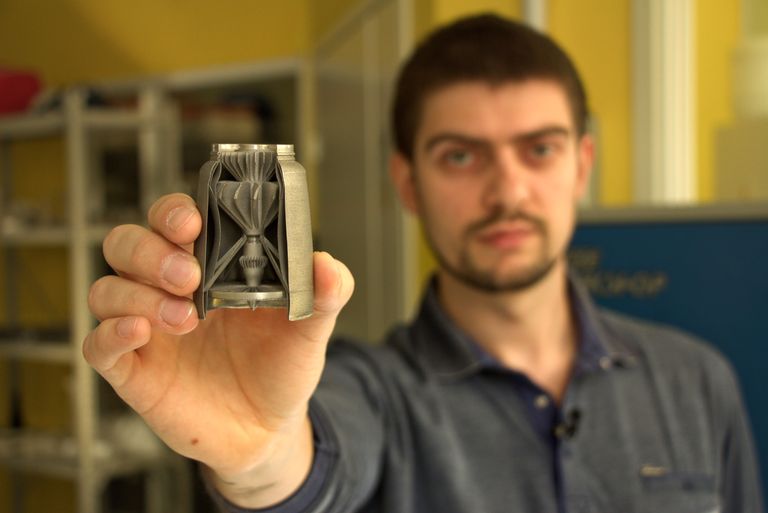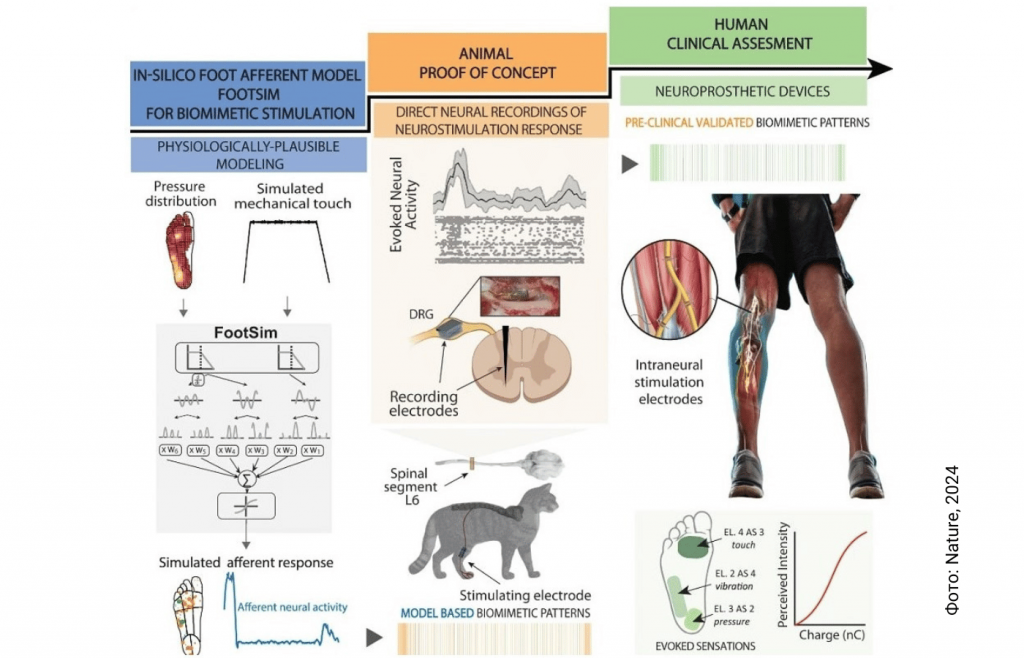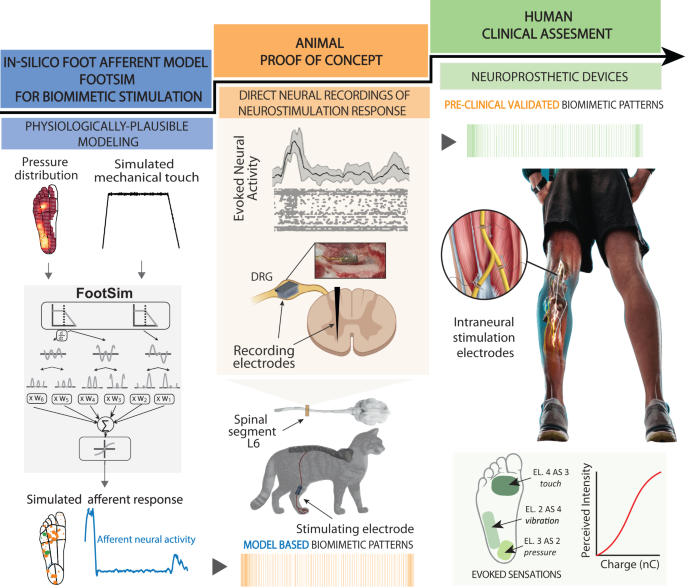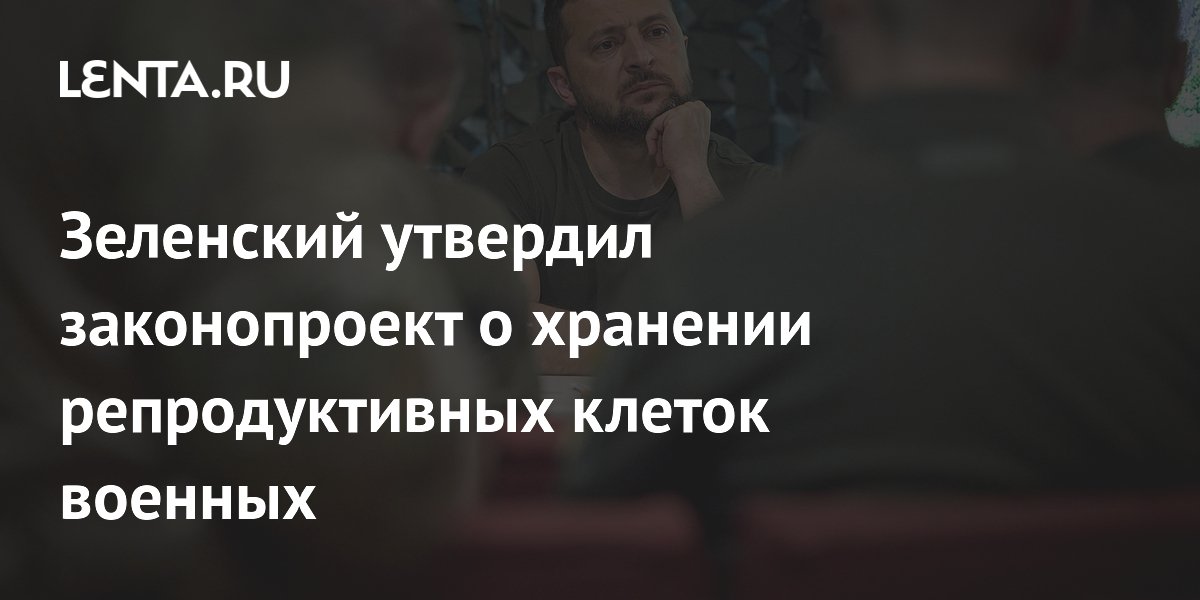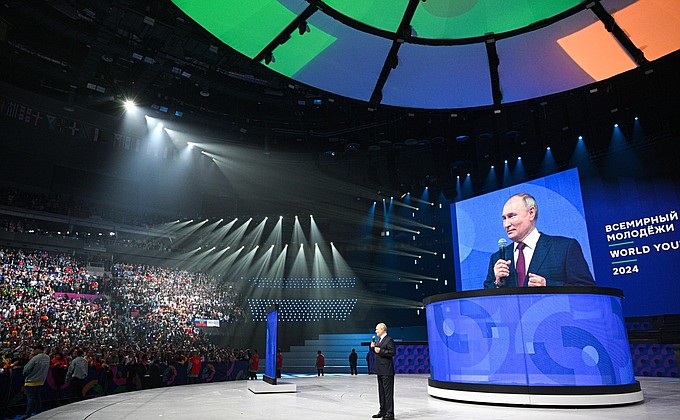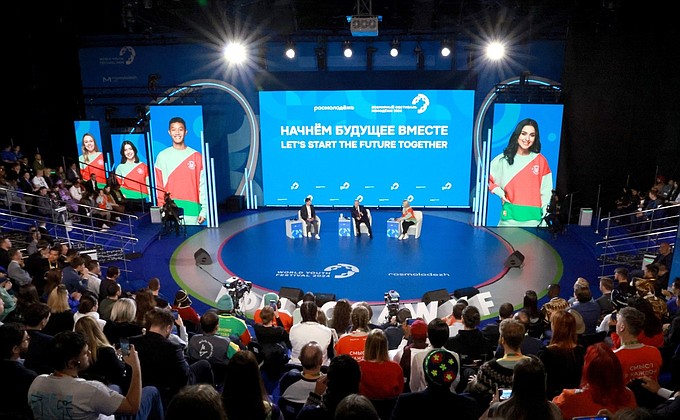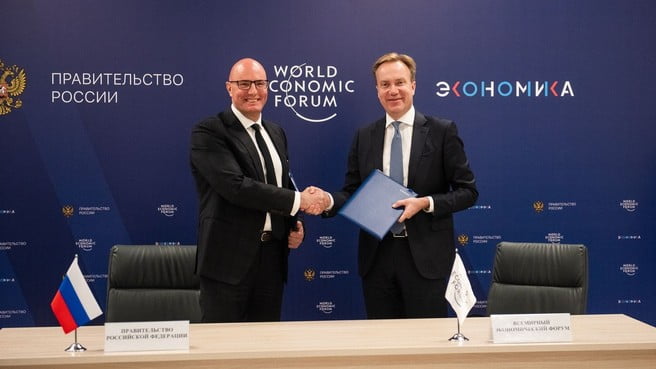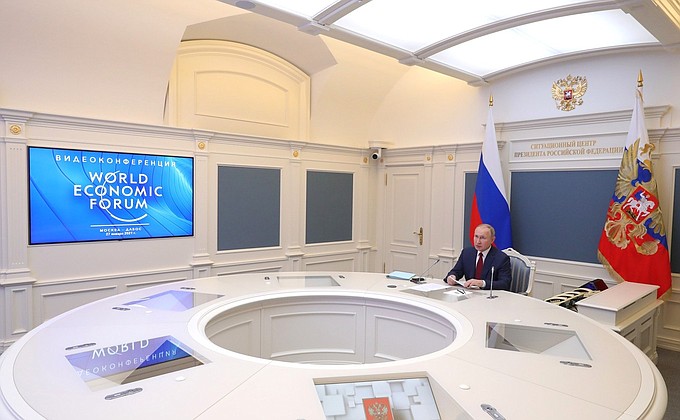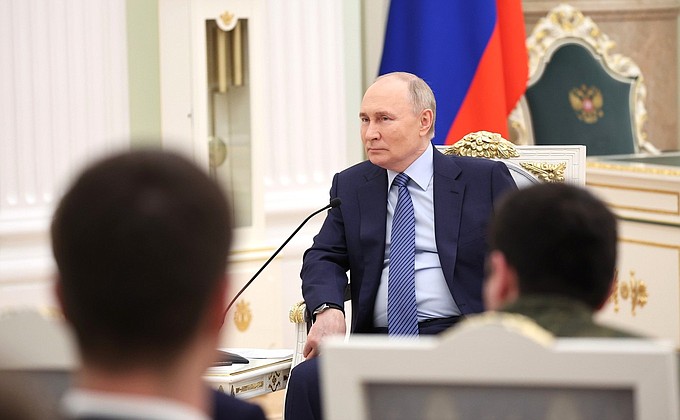Lalas
Star
- Joined
- Nov 8, 2022
- Messages
- 2,105
The best, unprecedented and the only one in Internet report continues, which is deepens in and clarifies the new world order in connection with the "pandemic", which continued with the "military/special military operational" strain, the real participation of Russia, and so on - all things without which it is impossible to understand the current development (and the pre-planned) of the new world (technological, social) order. Continues from here:

 vigilantcitizenforums.com
here:
vigilantcitizenforums.com
here:

 vigilantcitizenforums.com
and - the very important related topic - here:
vigilantcitizenforums.com
and - the very important related topic - here:

 vigilantcitizenforums.com
vigilantcitizenforums.com
I received numerous - probably millions - encouraging personal messages from the members of the forum, which I can not share due to privacy, but generally they follow the heartwarming line that our esteemed co-forumer, the King Lizard, voiced aloud:
Is there anyone on this forum who reads whatever this is ? Who in their right mind cares about things that they can't do anything about.
and:
Who in their right mind would even read or right all this verbosity unless they are getting paid to do so?
This gives me the strength to move forward with the third and probably last part, because things are evolving, the (hidden) reality is quickly revealed behind the boundless fog on the issue, and soon there should be some development, changes.
Russia through the hidden eye (continuation)
To make a long story short Russia won Ukraine war.
Russia through the hidden eye
https://rigf.ru/en/ The 13th Russian Internet Governance Forum April 6–7 2023 SUPPORTED BY Ministry of Digital Development, Communications and Mass Media of the Russian Federation ORGANIZERS Russian domains .RU and domain space expertise and https://cgitc.ru/en/ SUSTAINABLE FUTURE OF GLOBAL...
the cornerstone: "the nature–like technosphere is a part of the noosphere.."
Putin and Russia are so smart and ahead of the USA. But what do the estonians and lithuanians and Latvia think about all this? Probably not much because I doubt they would understand it much like 99 per cent of people around the world wouldn't either. Who in their right mind would even read or...
I received numerous - probably millions - encouraging personal messages from the members of the forum, which I can not share due to privacy, but generally they follow the heartwarming line that our esteemed co-forumer, the King Lizard, voiced aloud:
Is there anyone on this forum who reads whatever this is ? Who in their right mind cares about things that they can't do anything about.
and:
Who in their right mind would even read or right all this verbosity unless they are getting paid to do so?
This gives me the strength to move forward with the third and probably last part, because things are evolving, the (hidden) reality is quickly revealed behind the boundless fog on the issue, and soon there should be some development, changes.
Last edited:

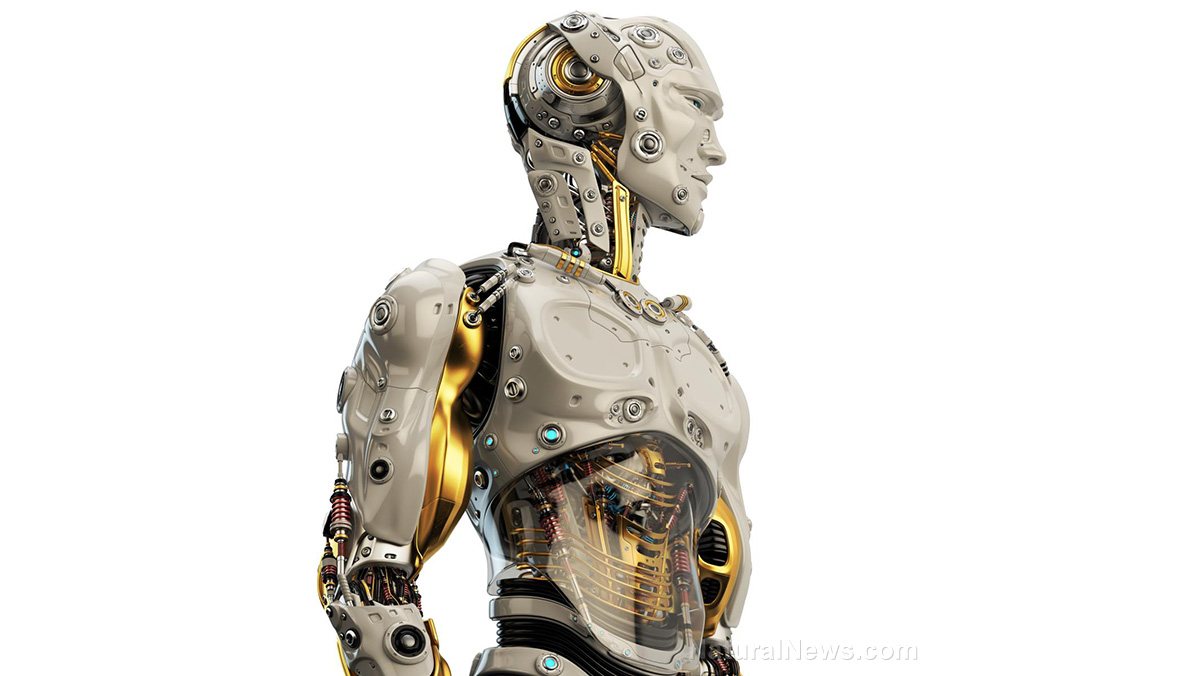
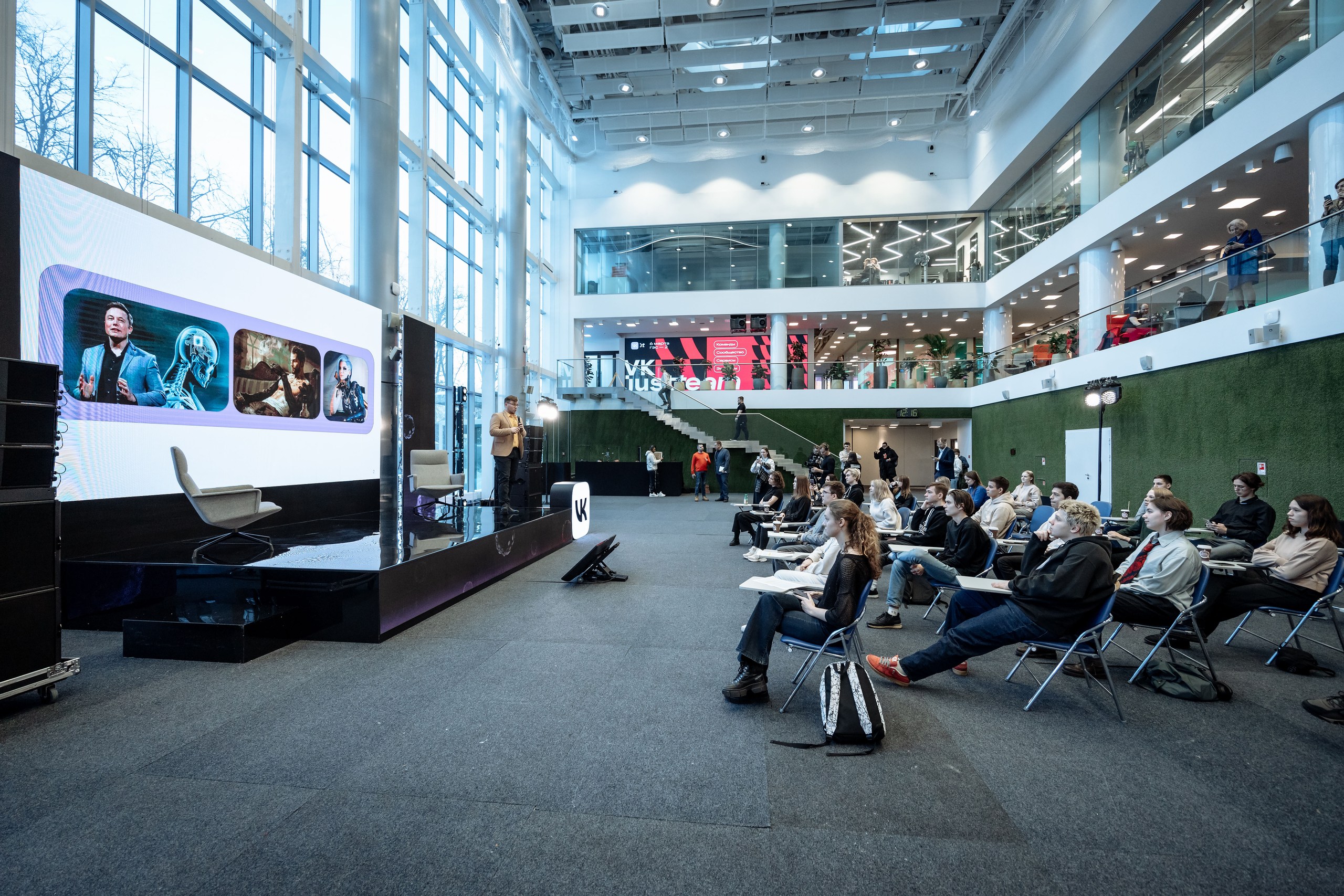
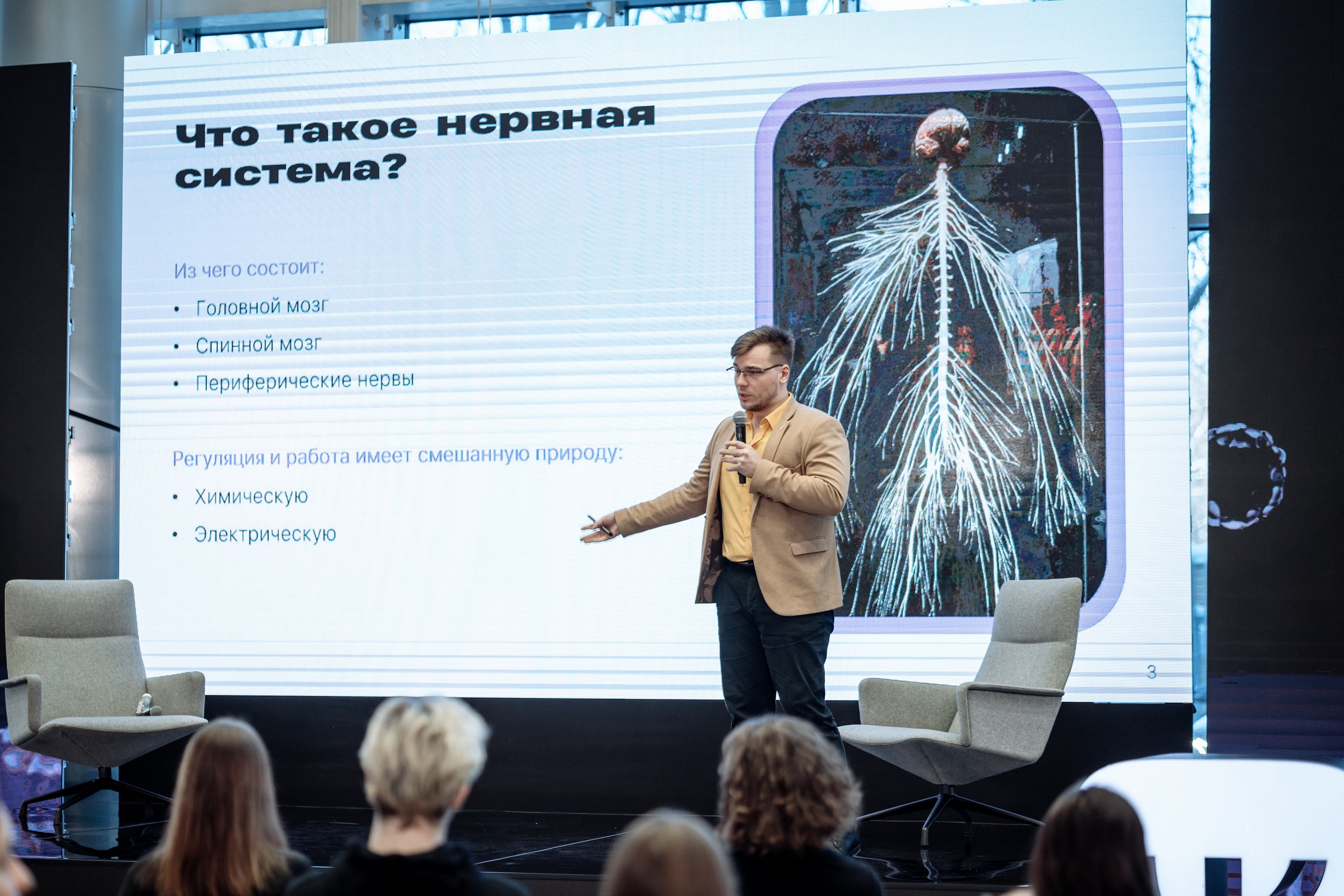
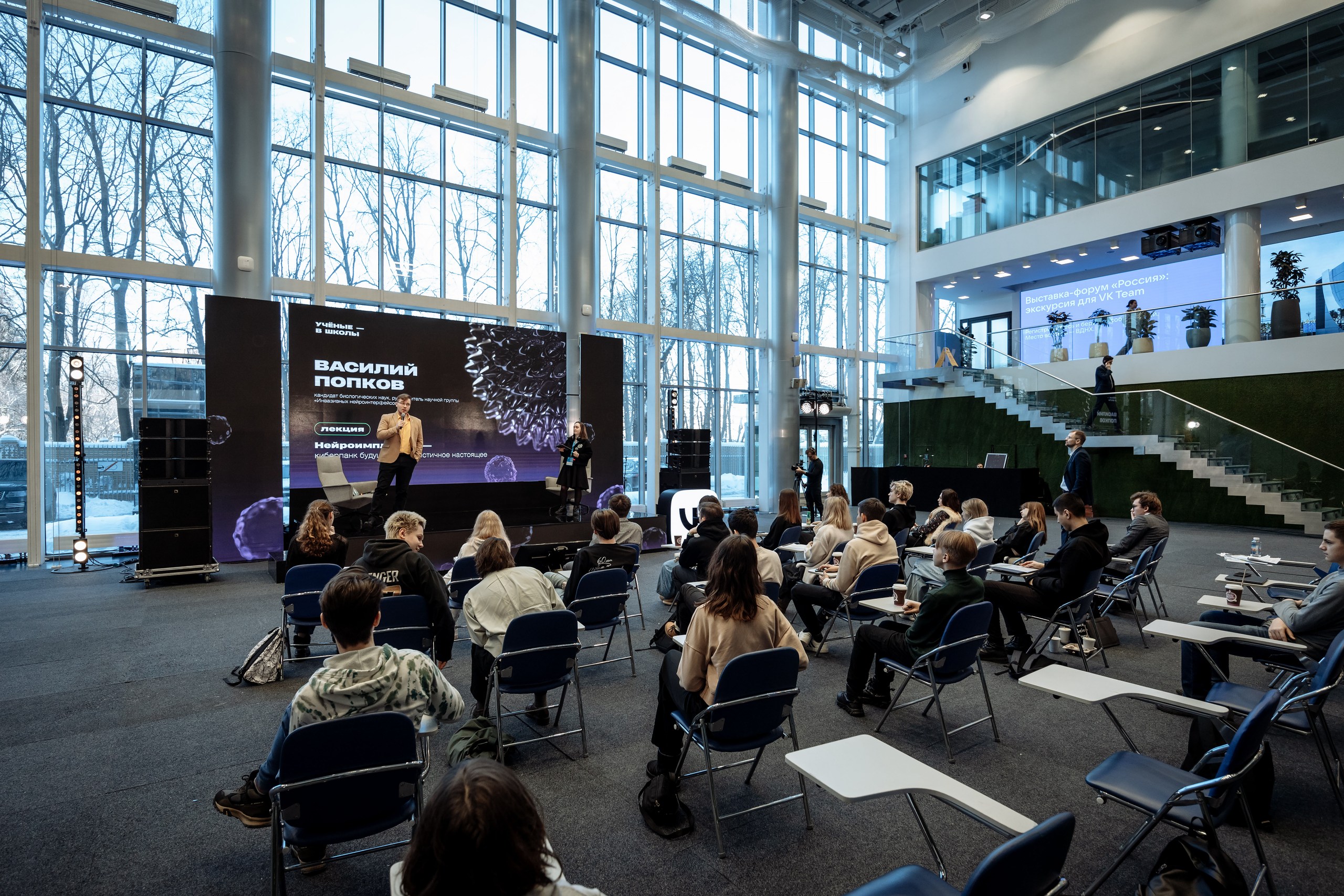
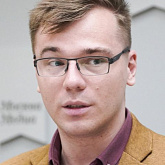





.jpg)
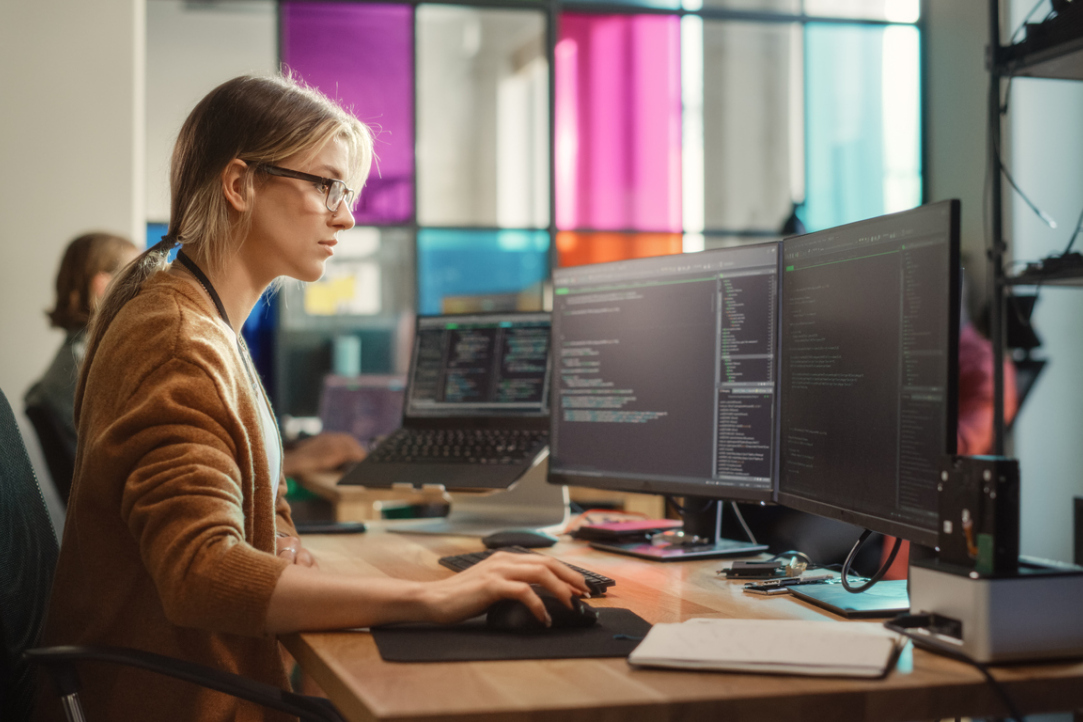


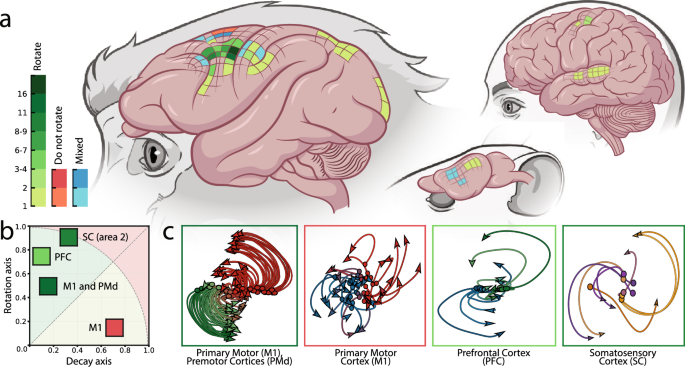


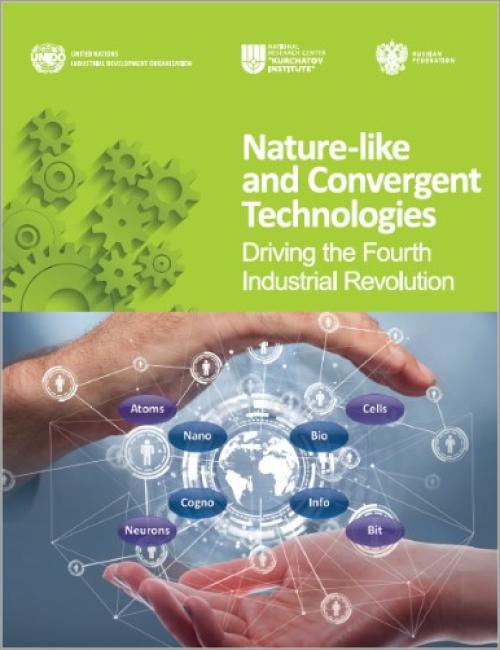

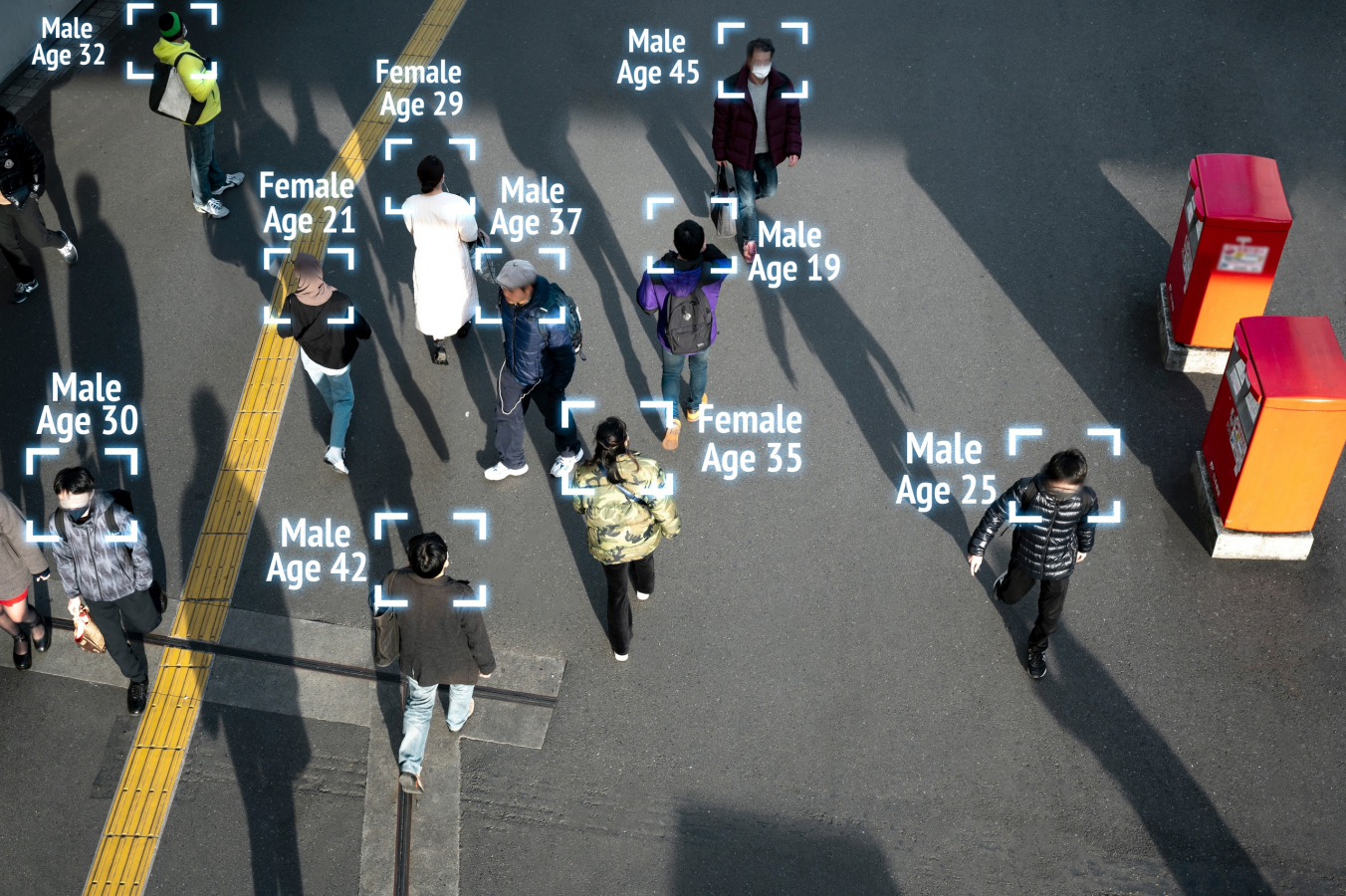
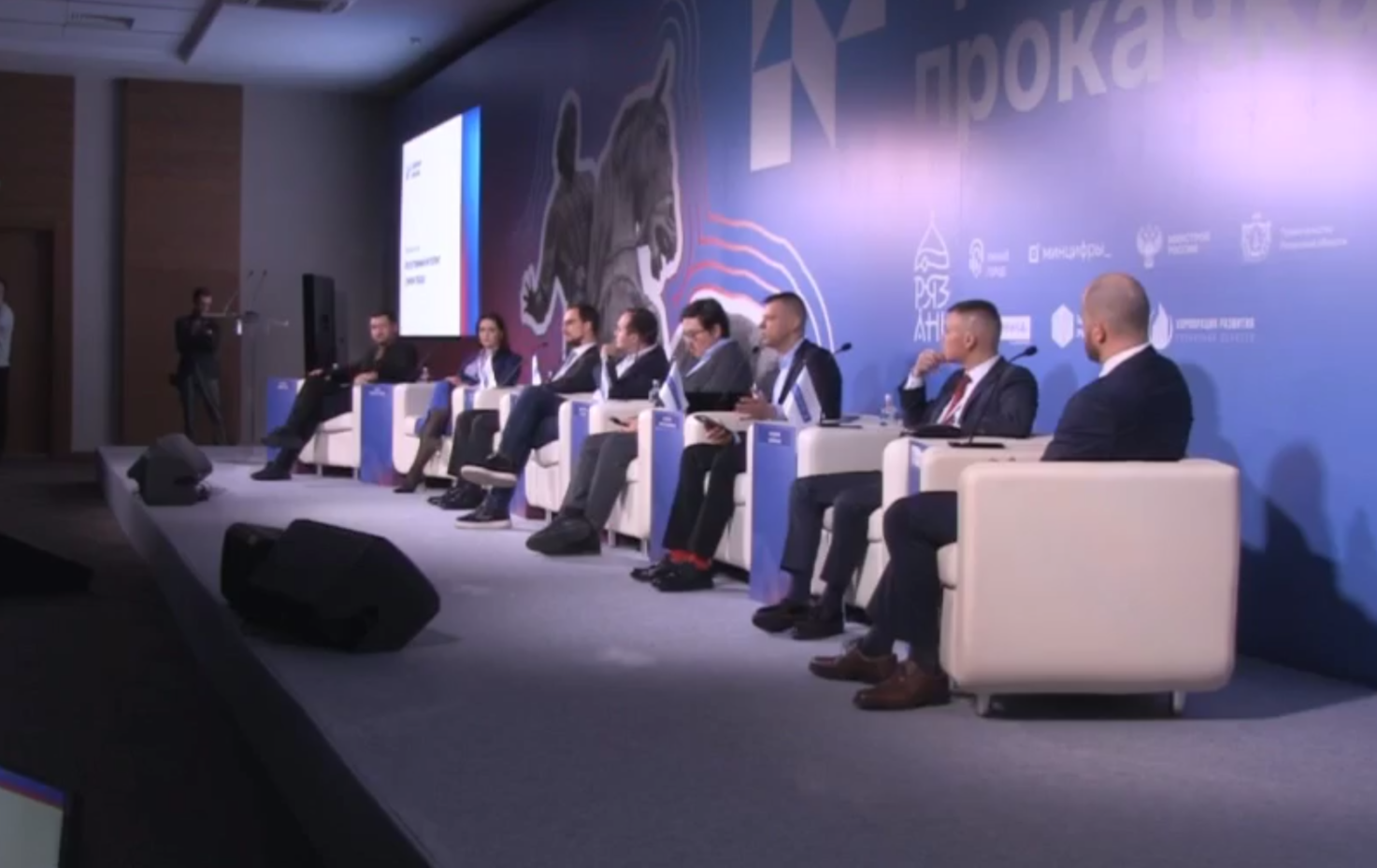
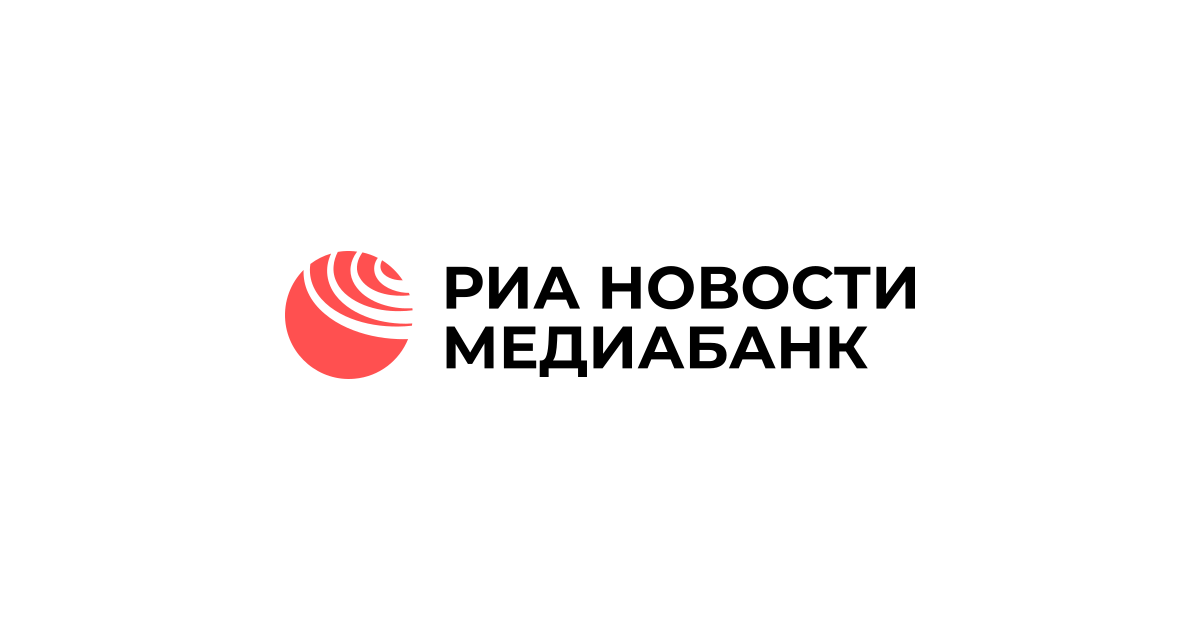
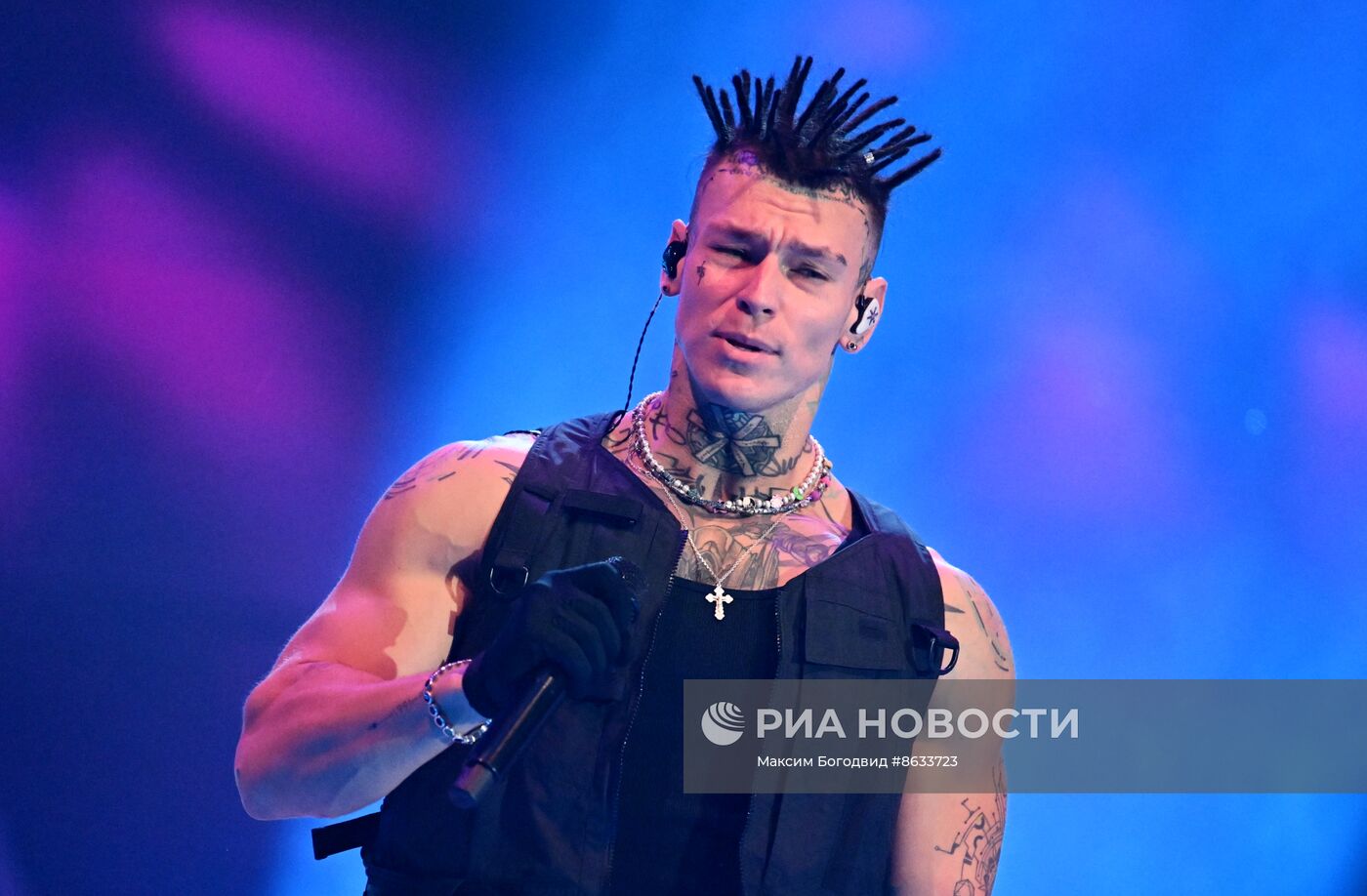

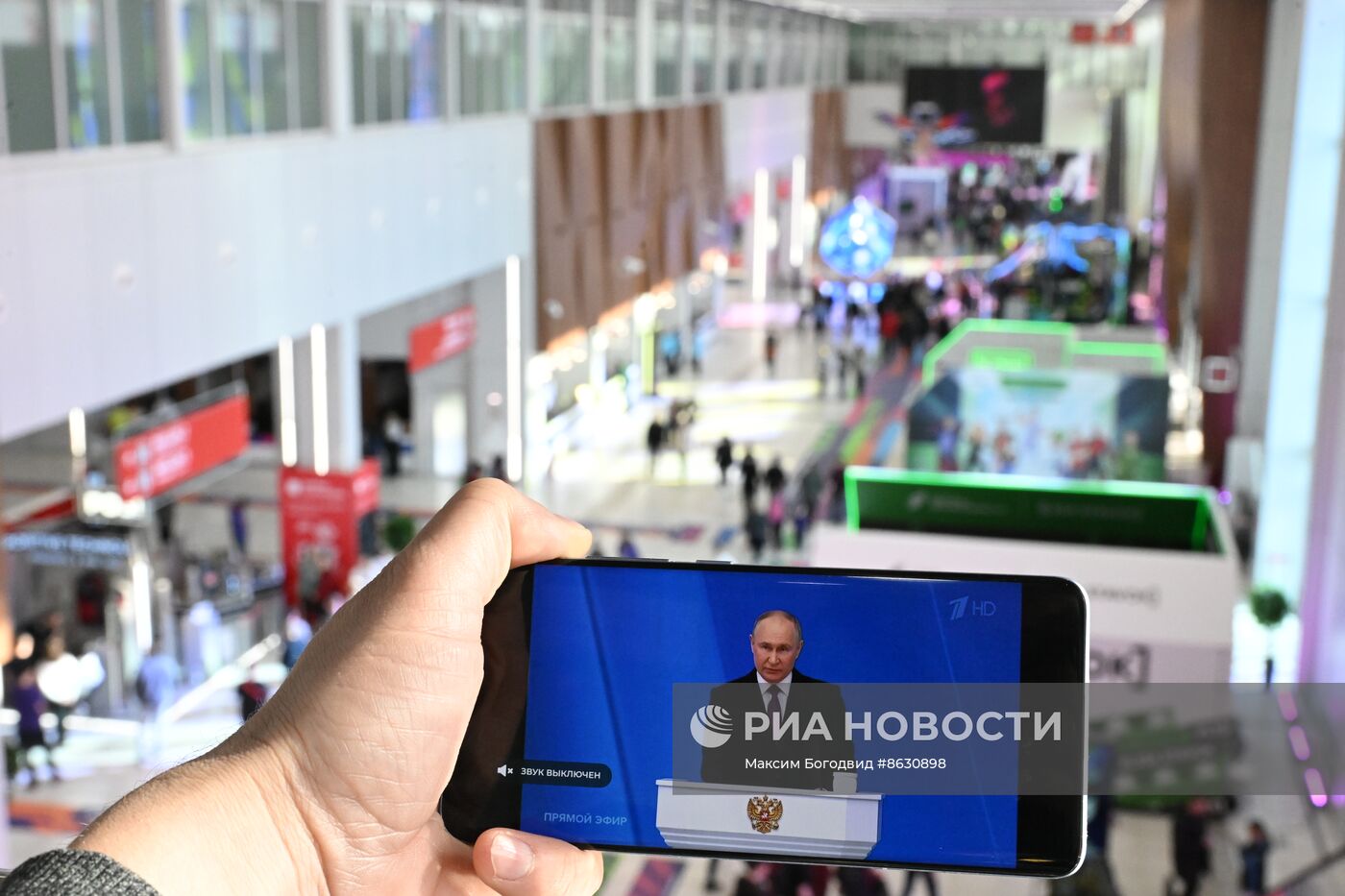
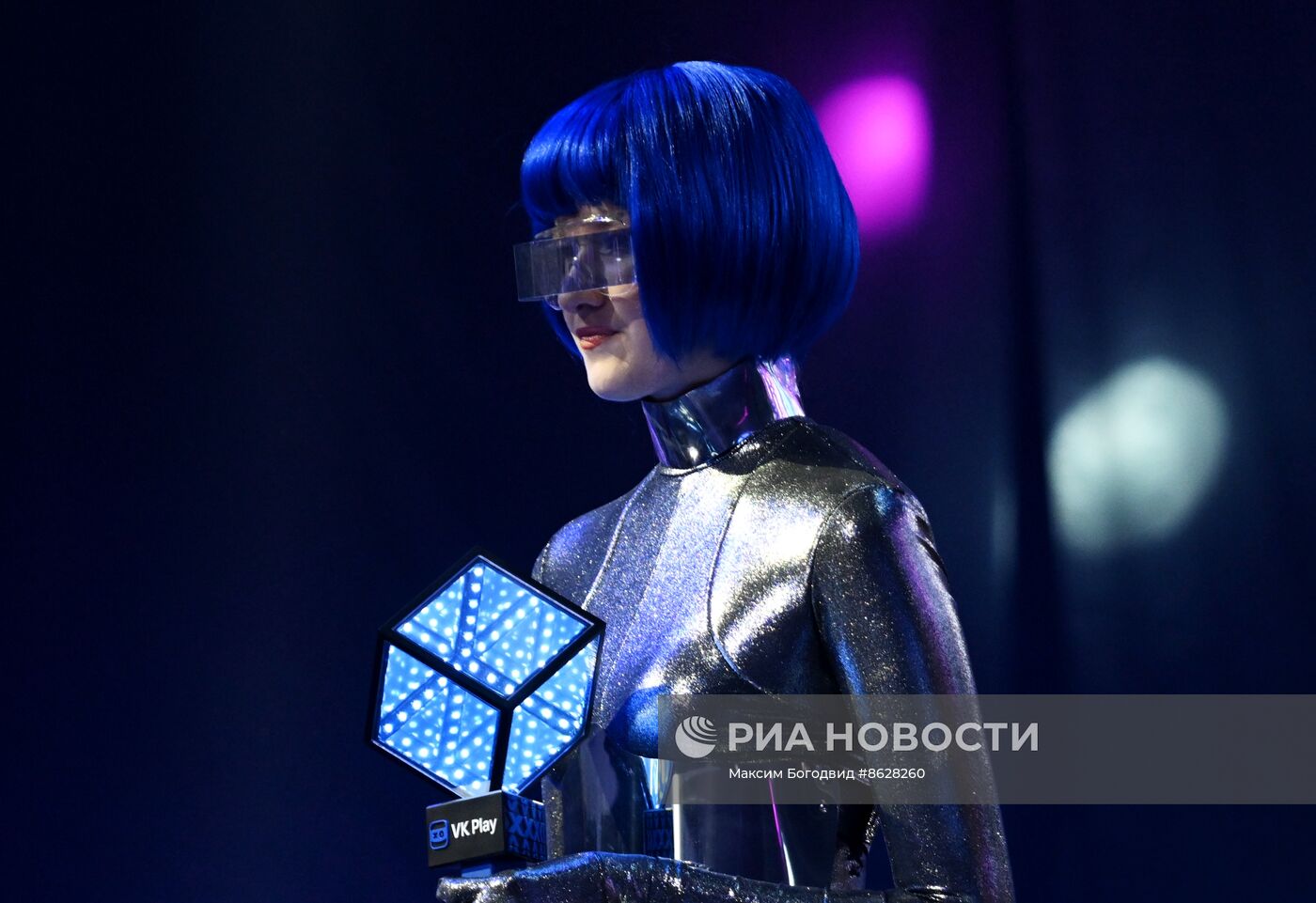




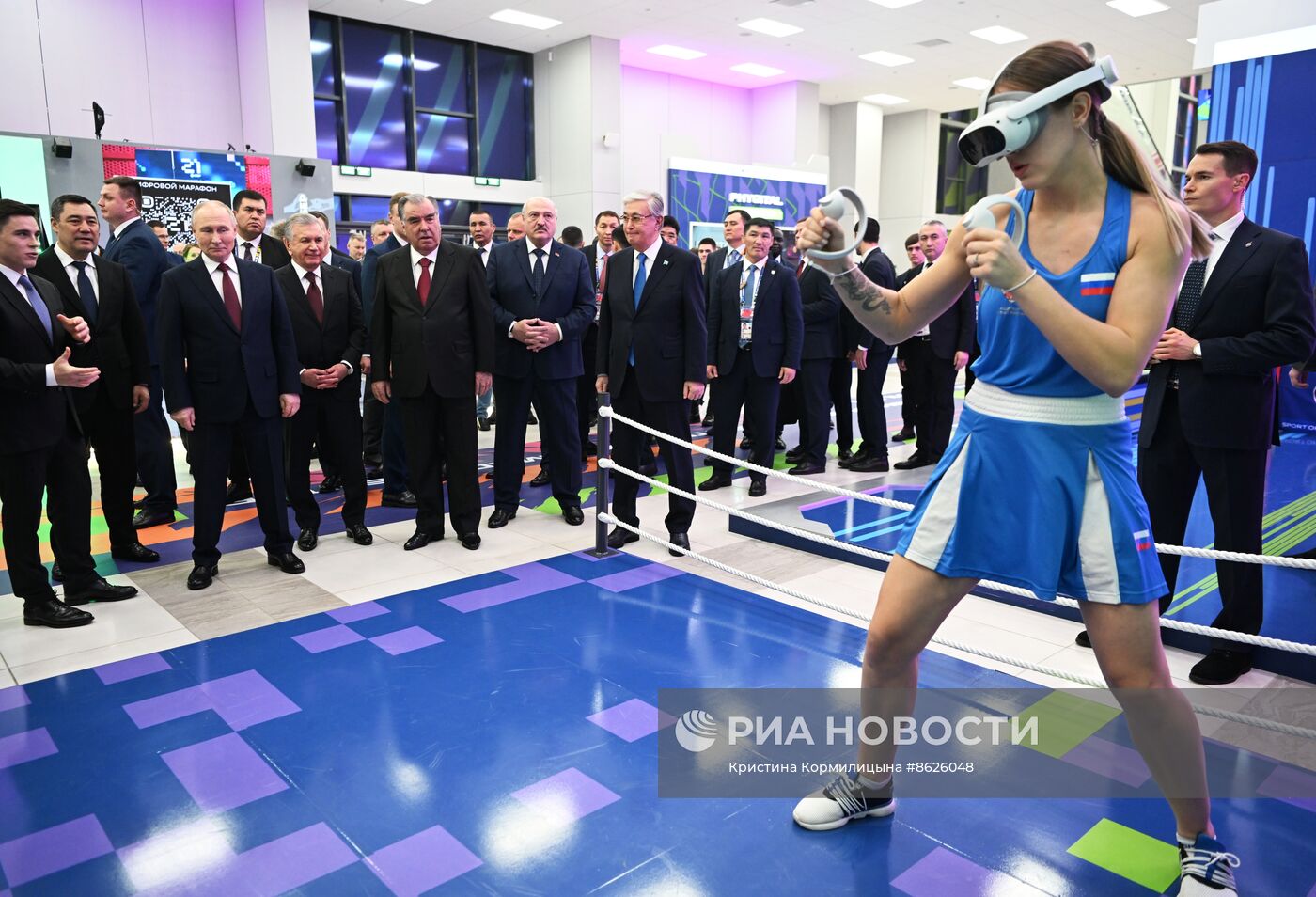
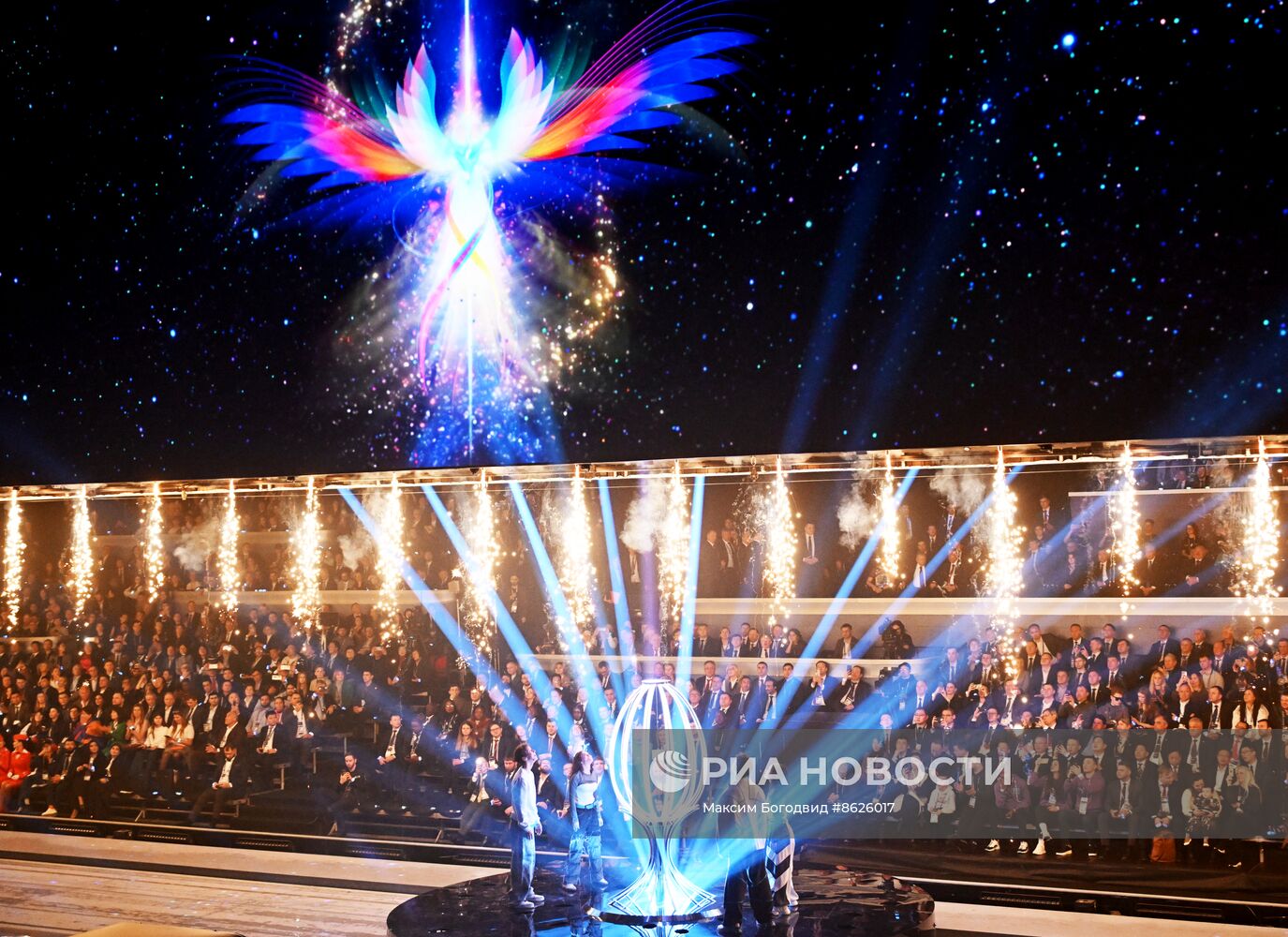
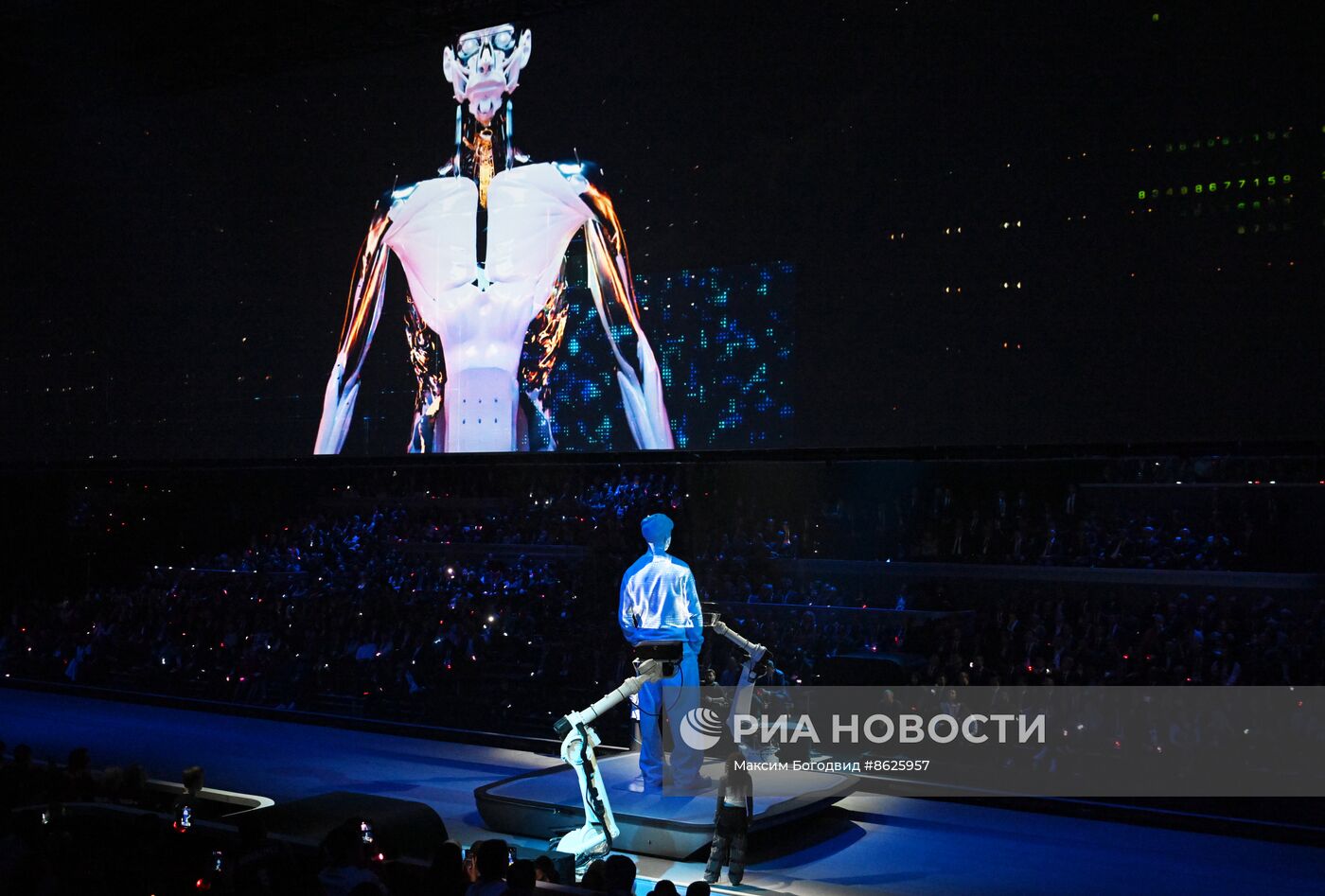

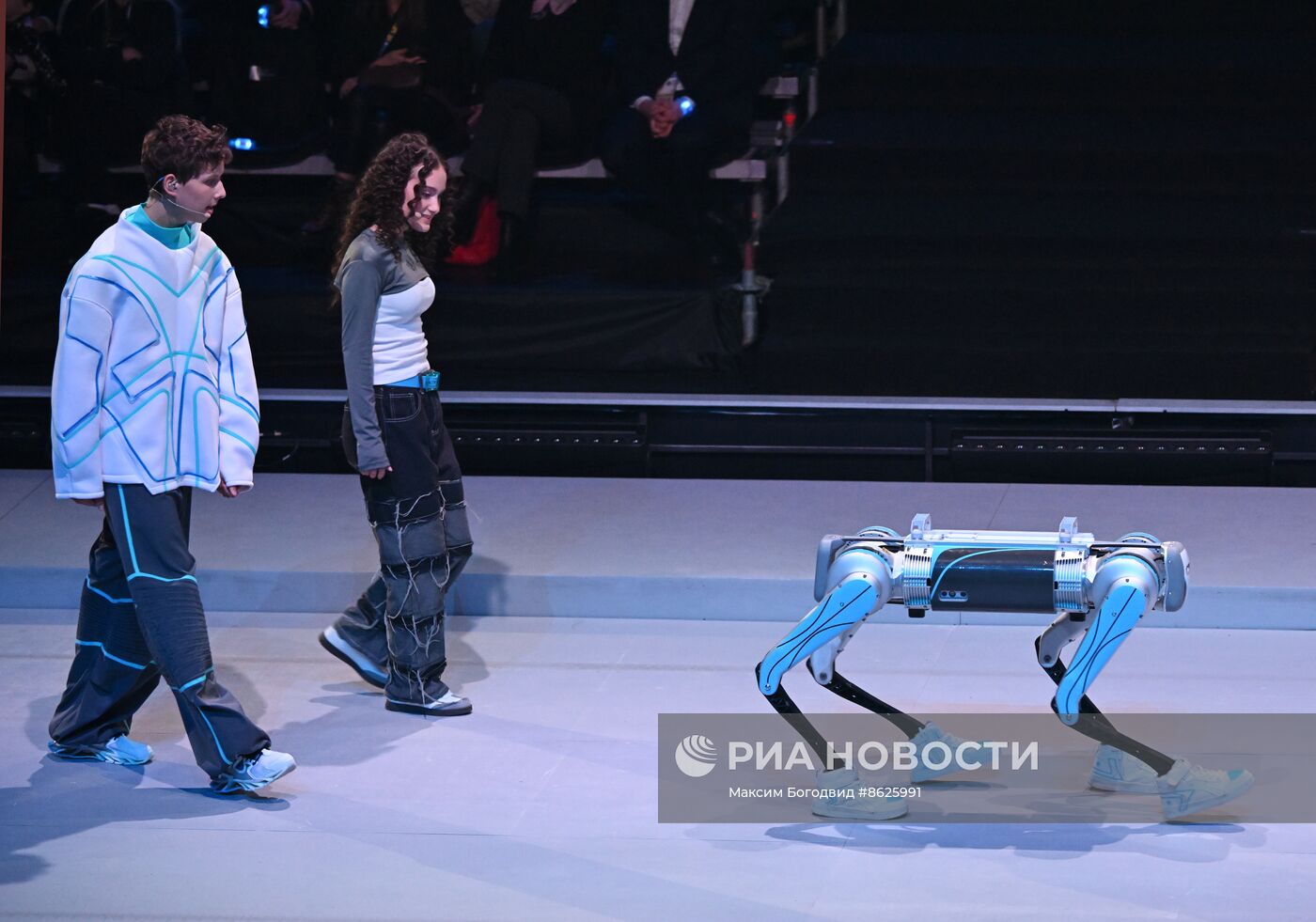
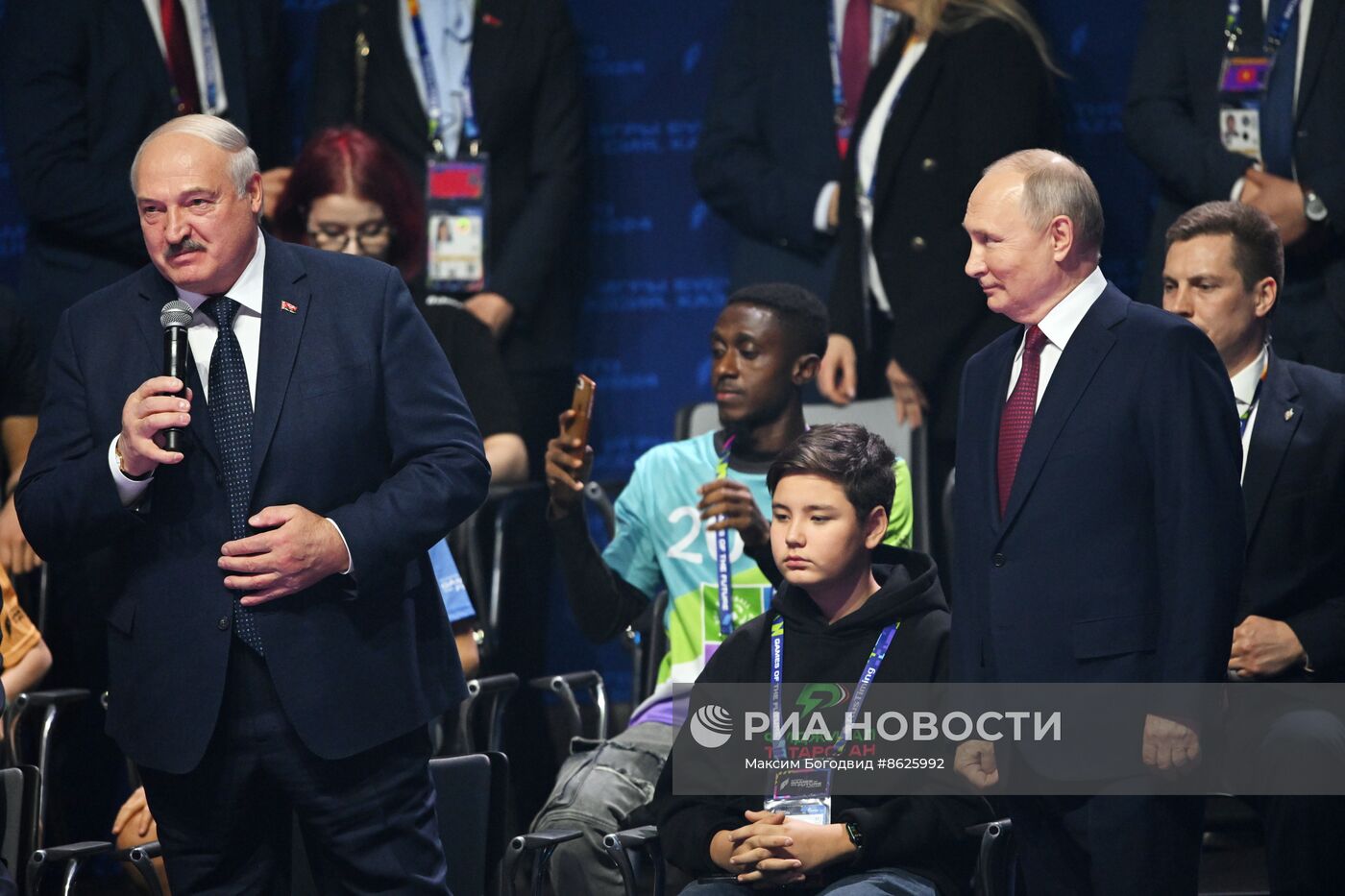
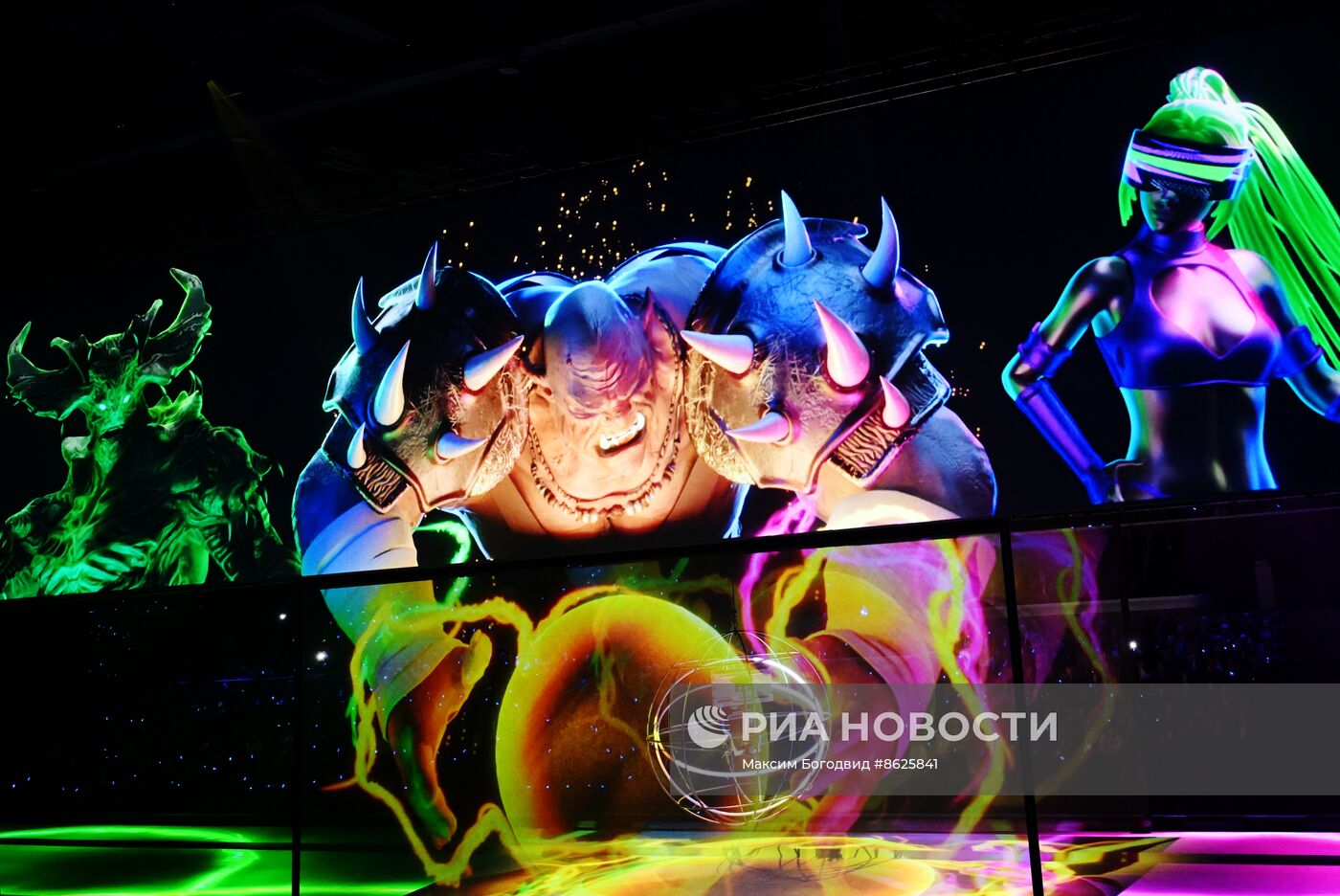
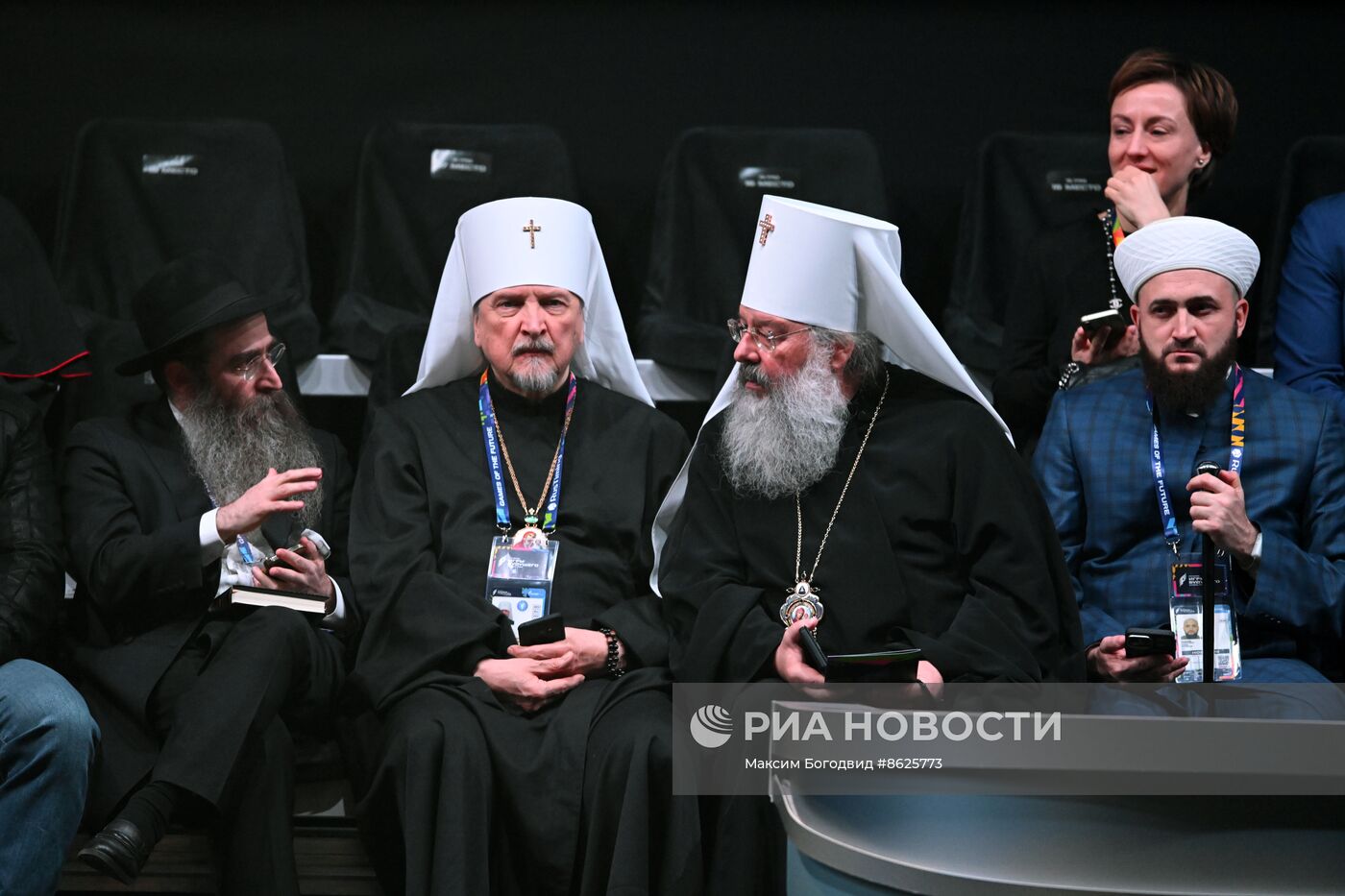
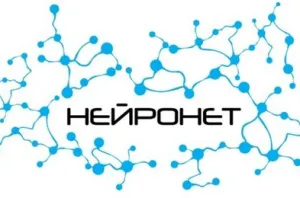

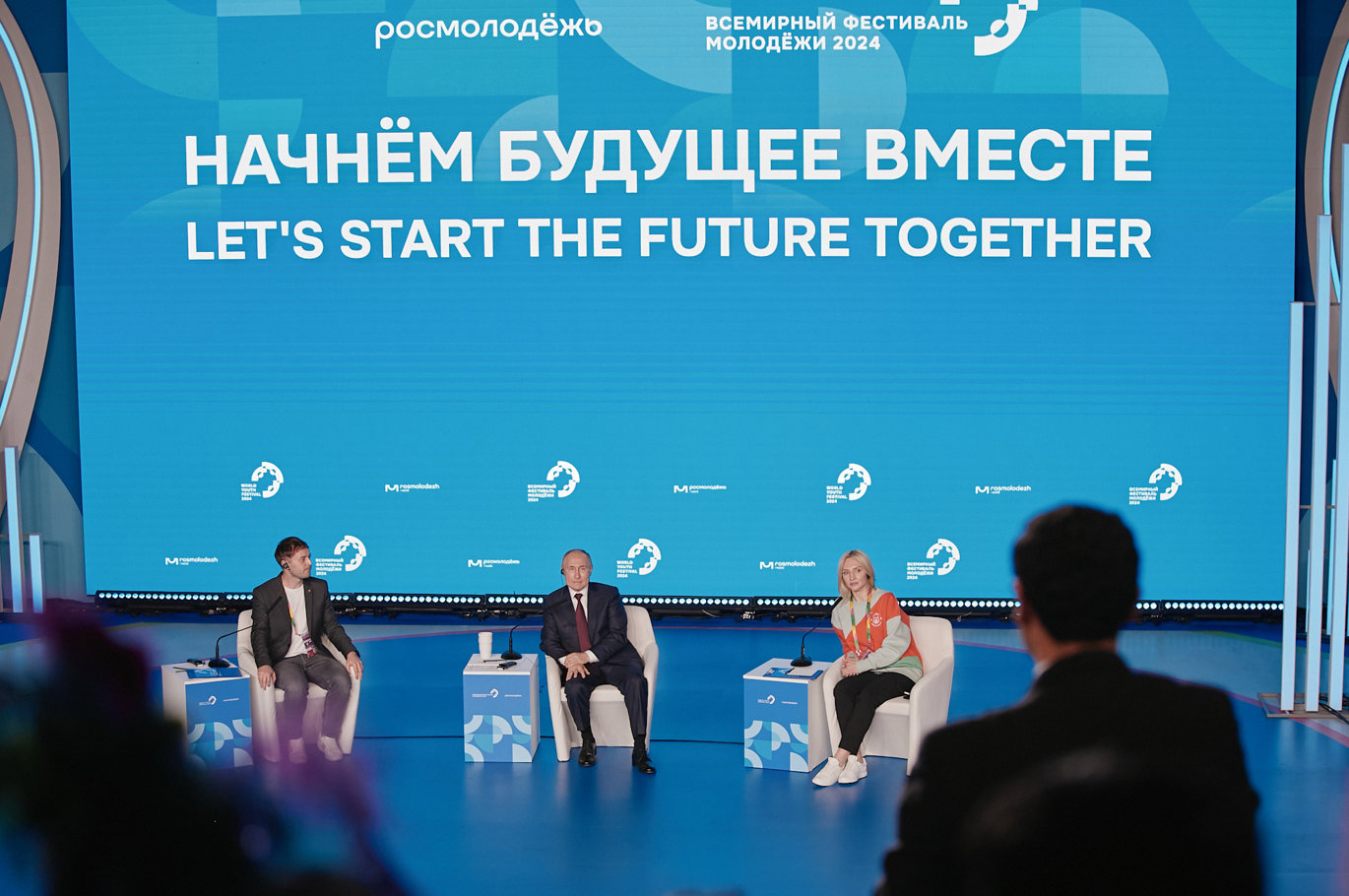


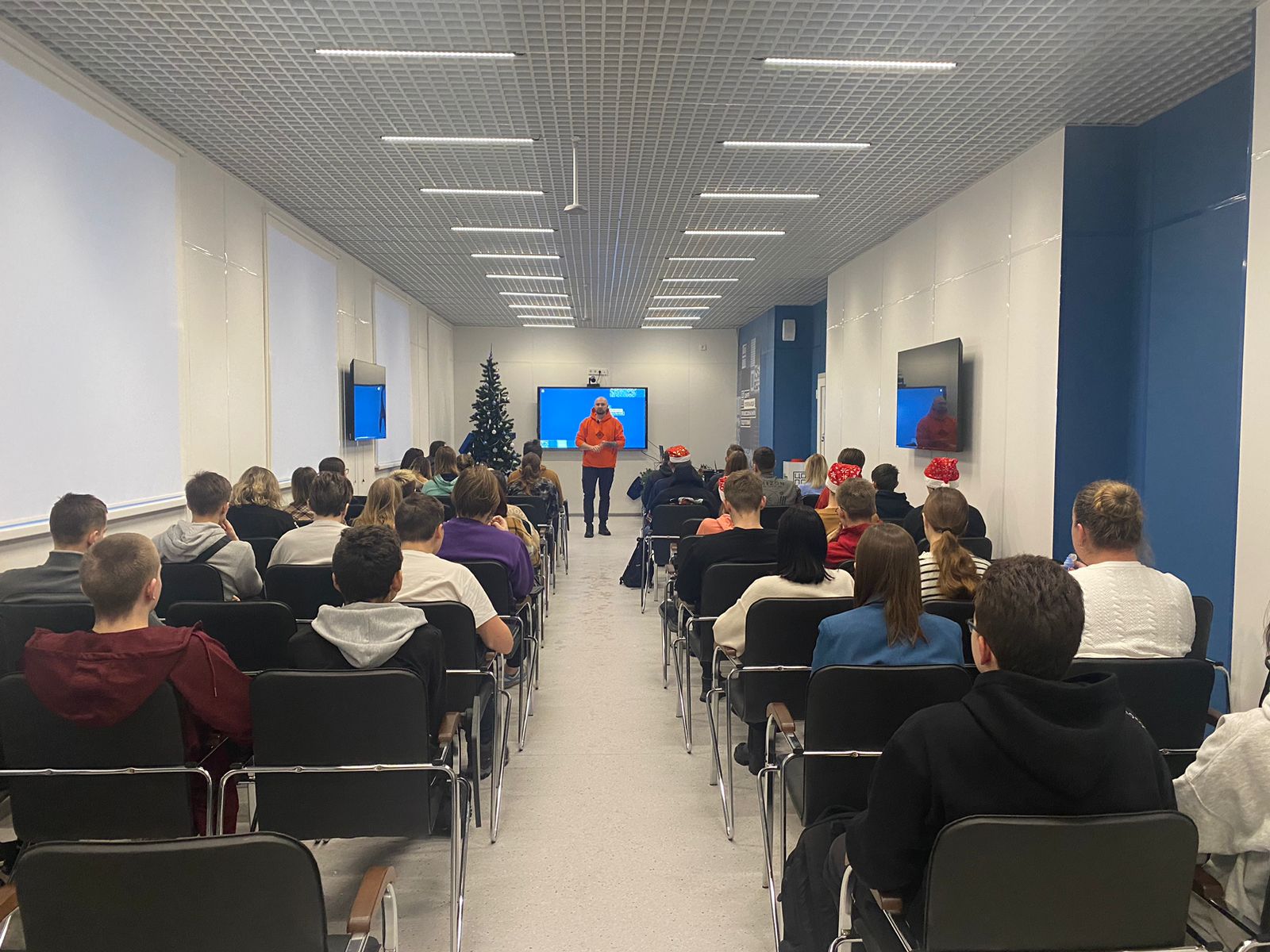
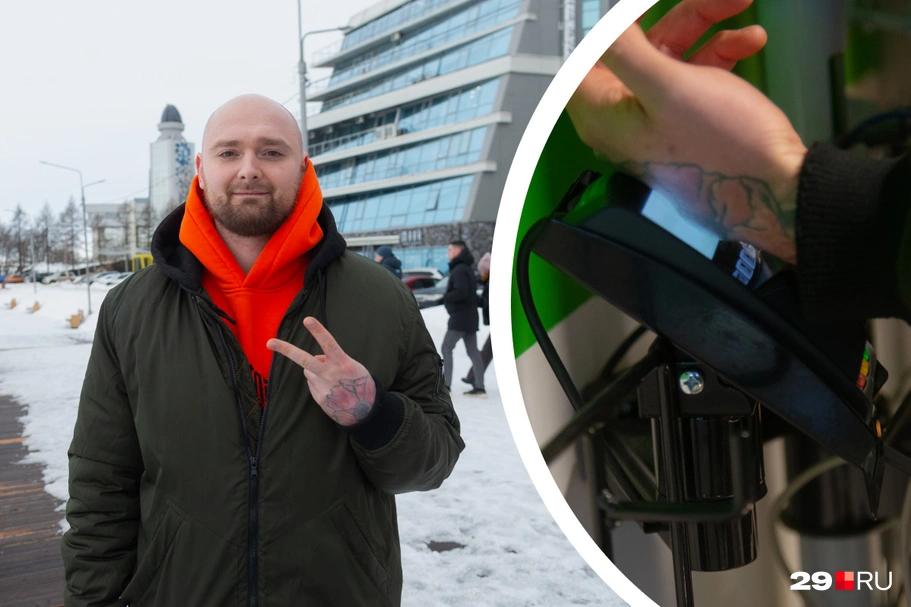
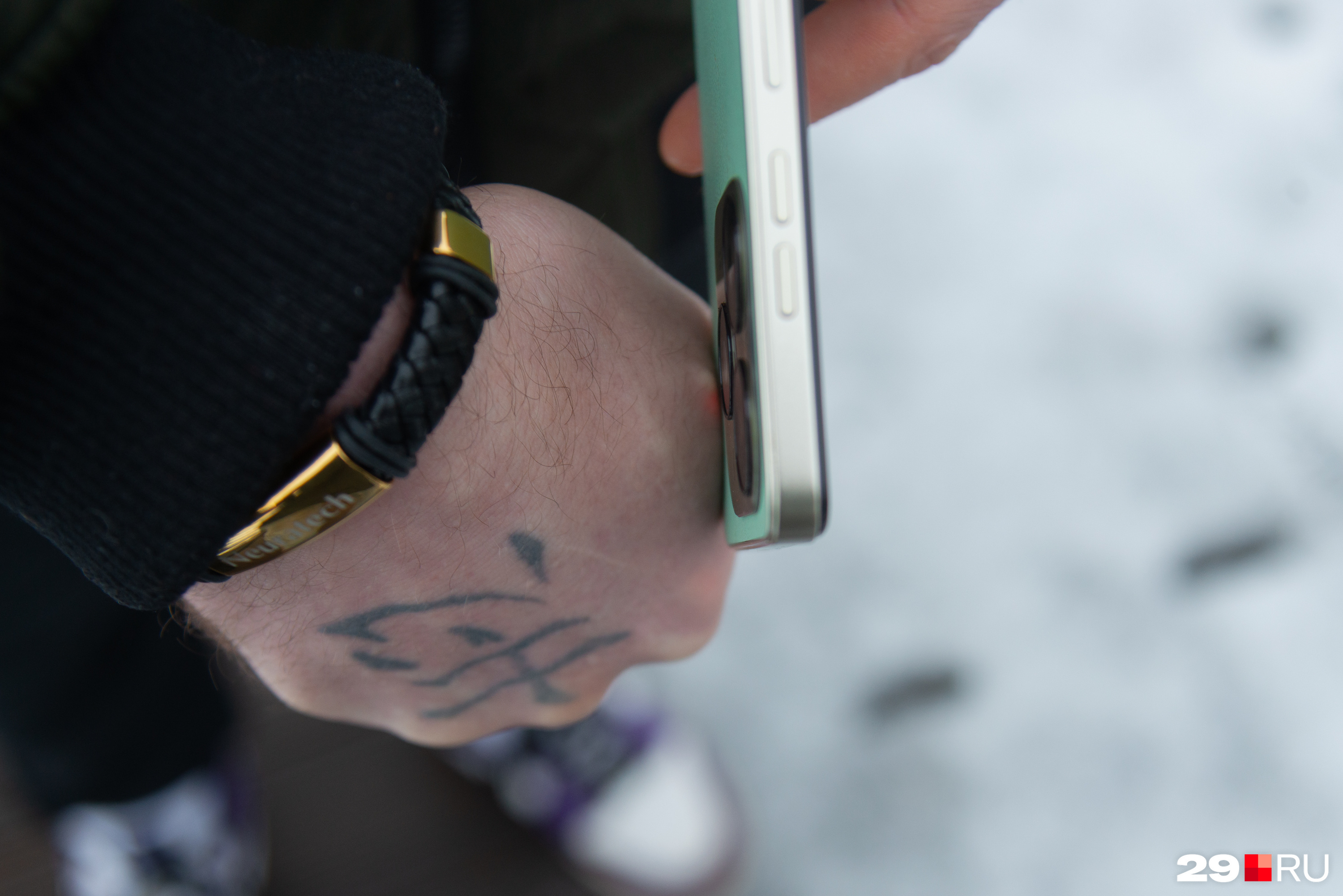
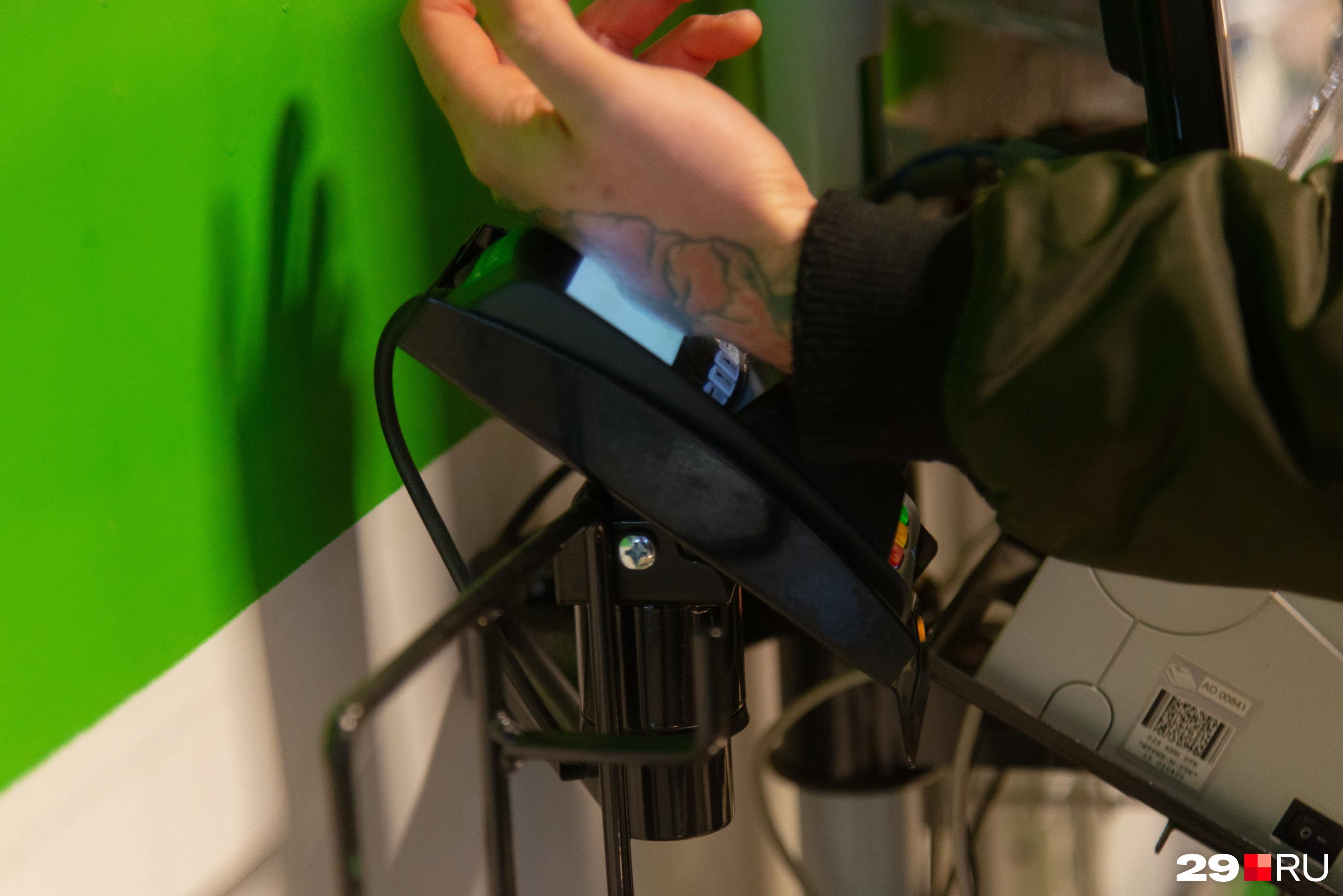
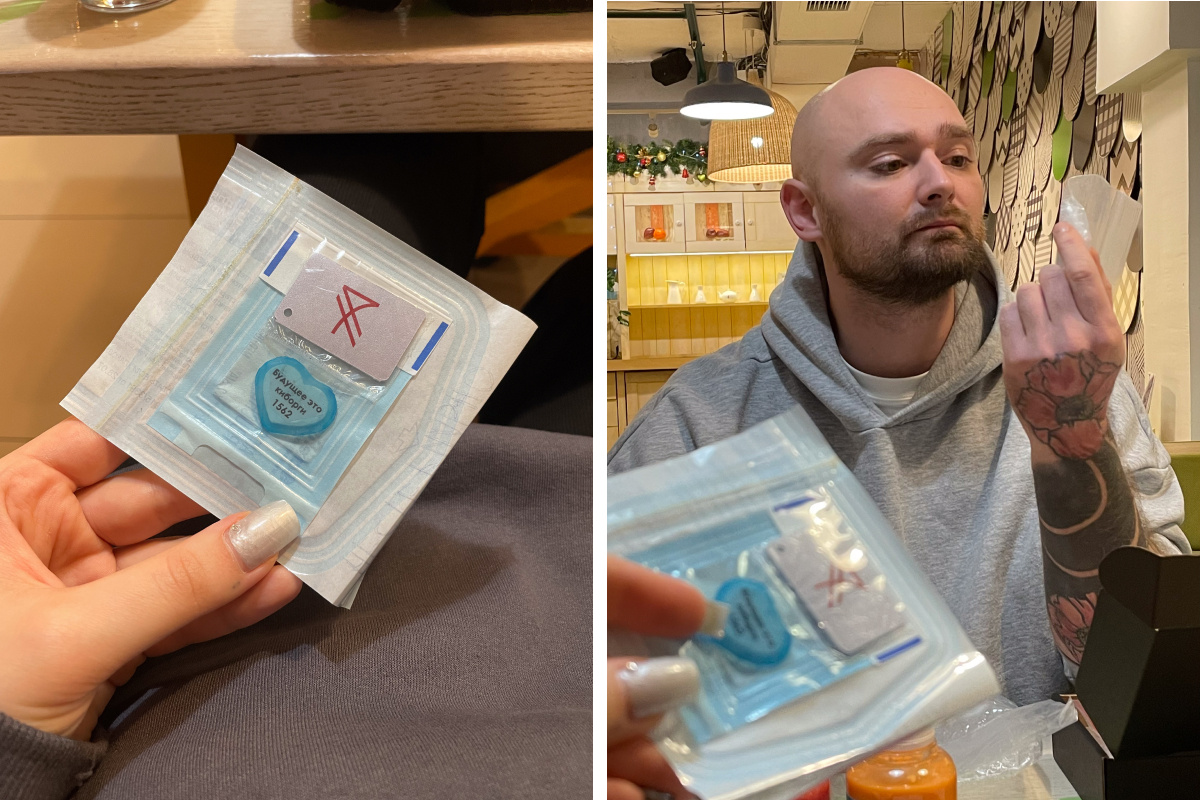
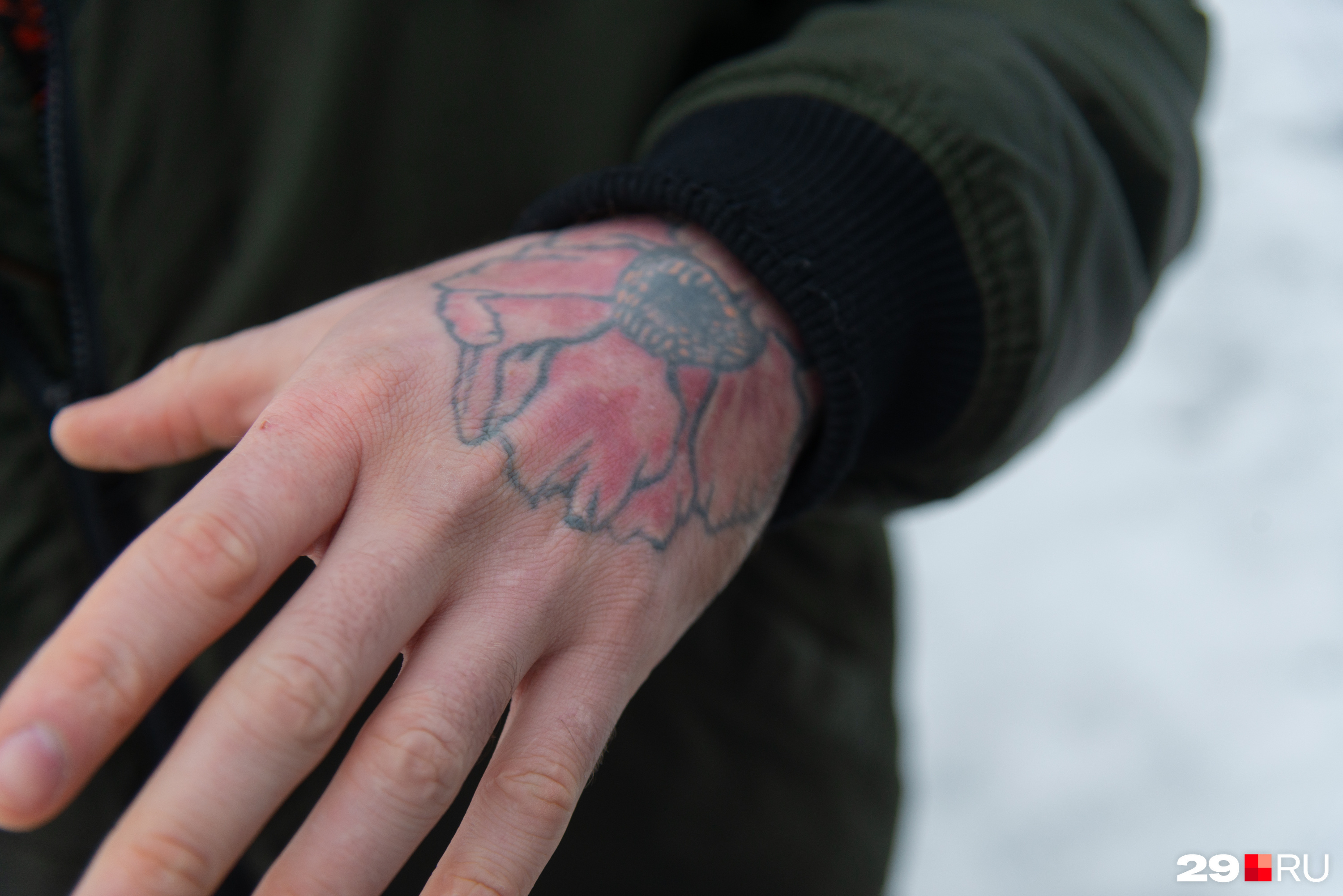
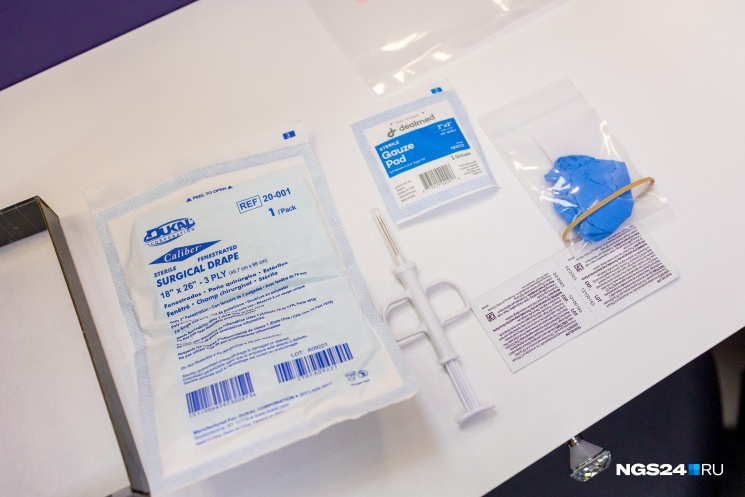


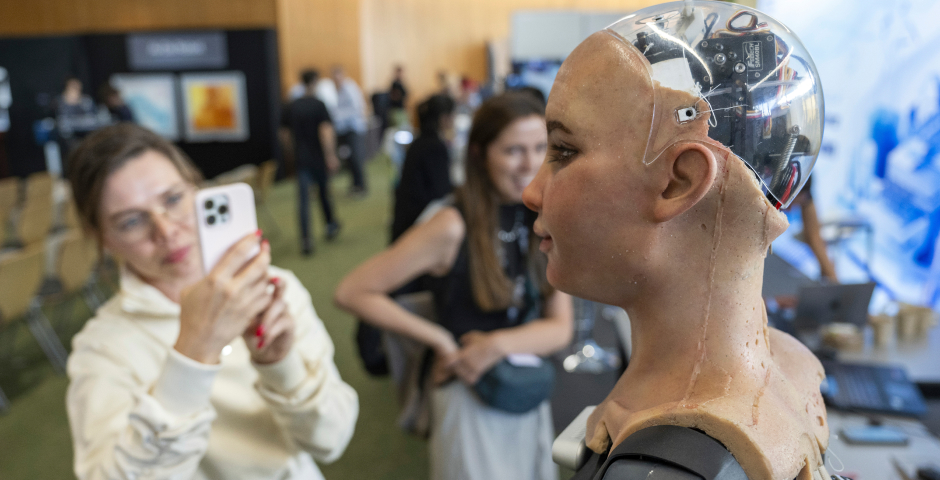



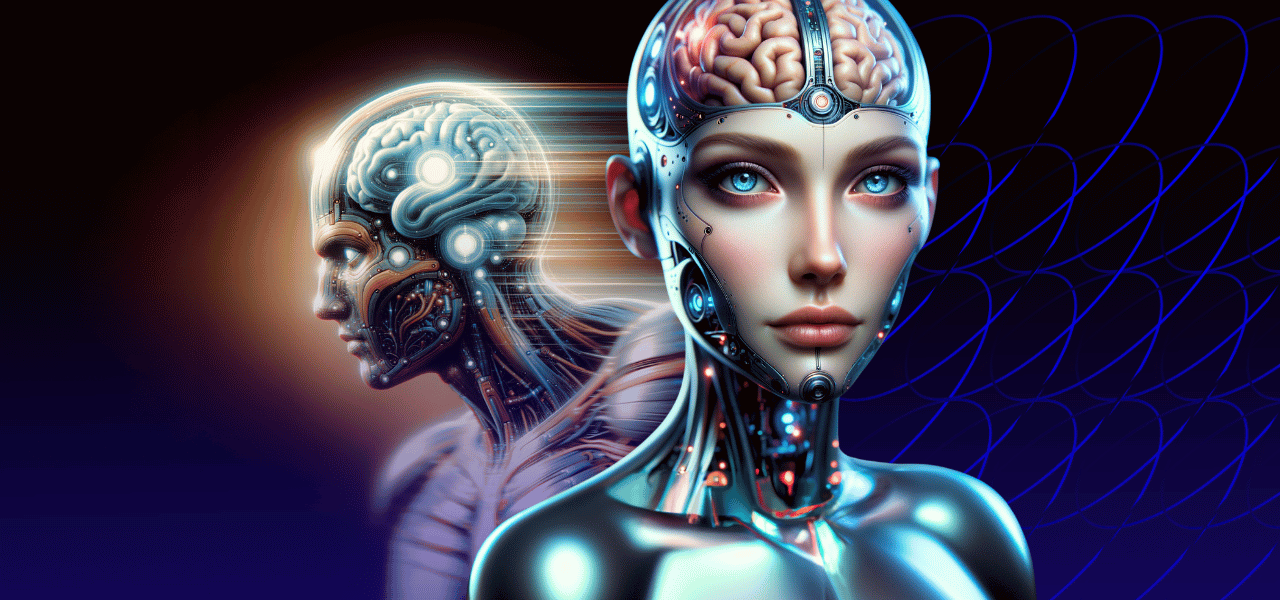
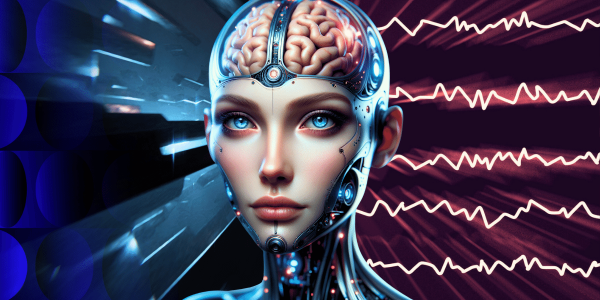
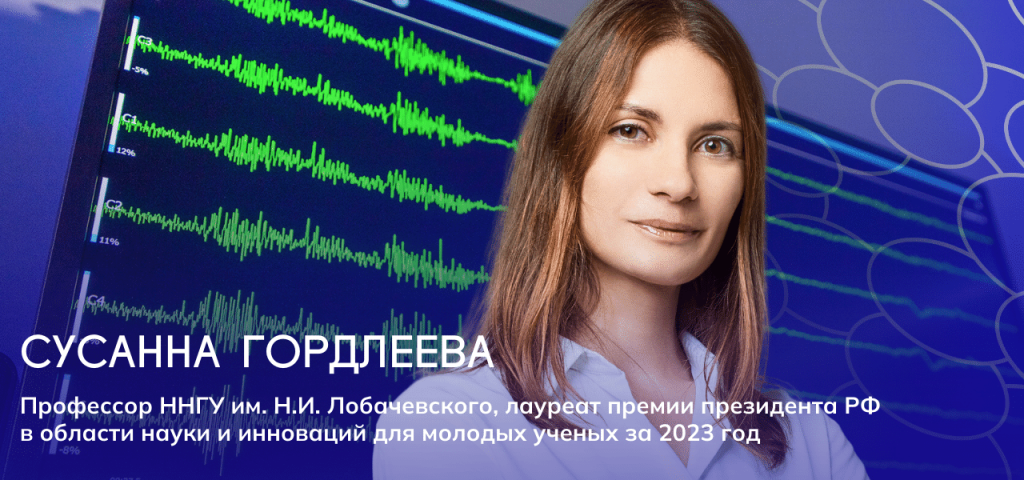
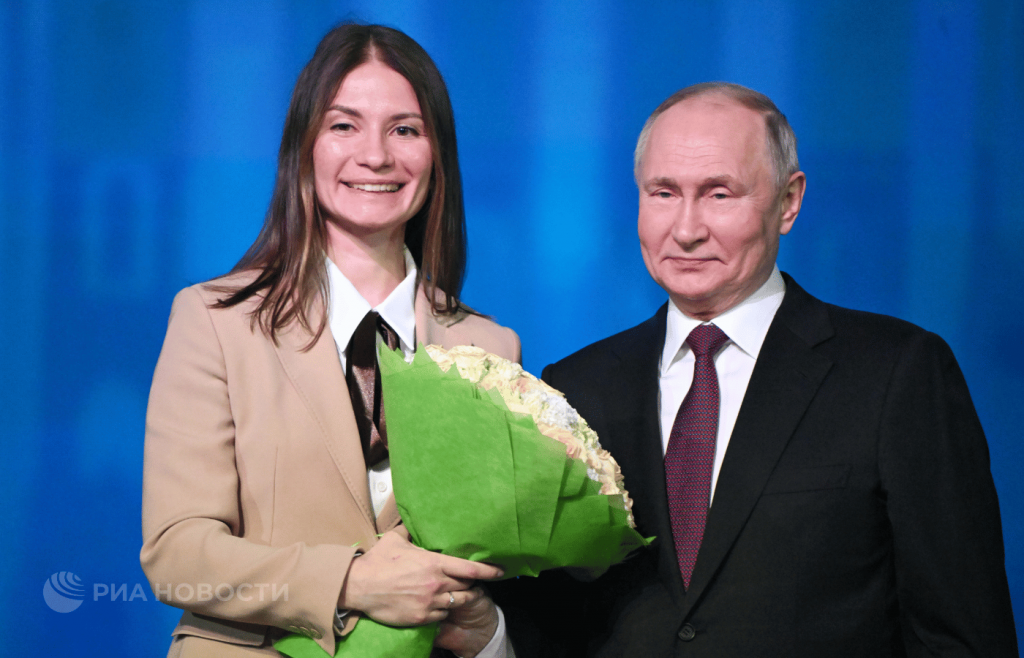
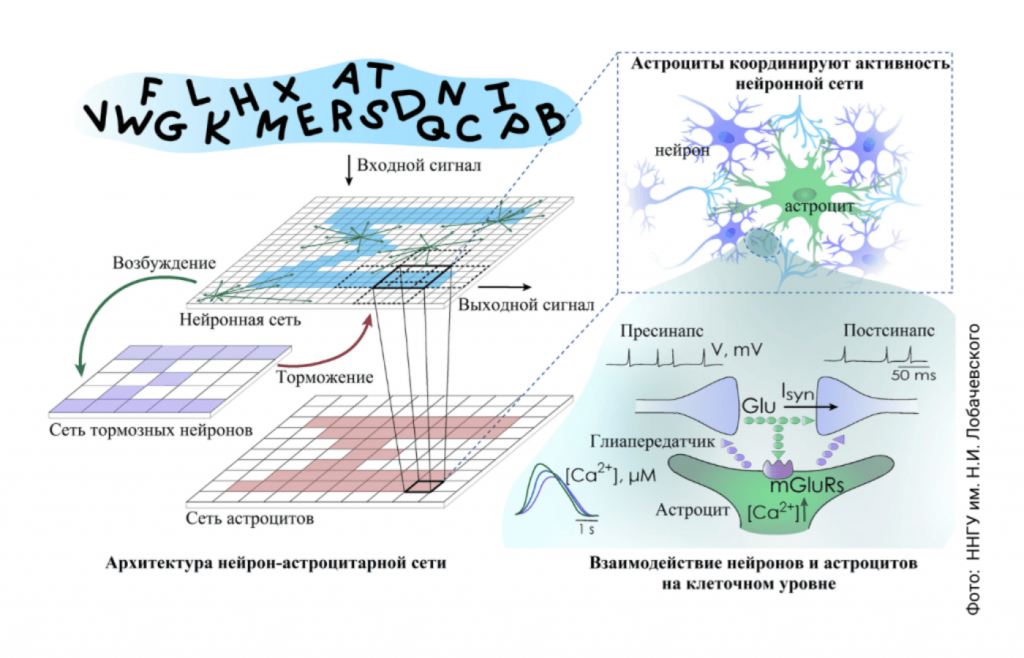
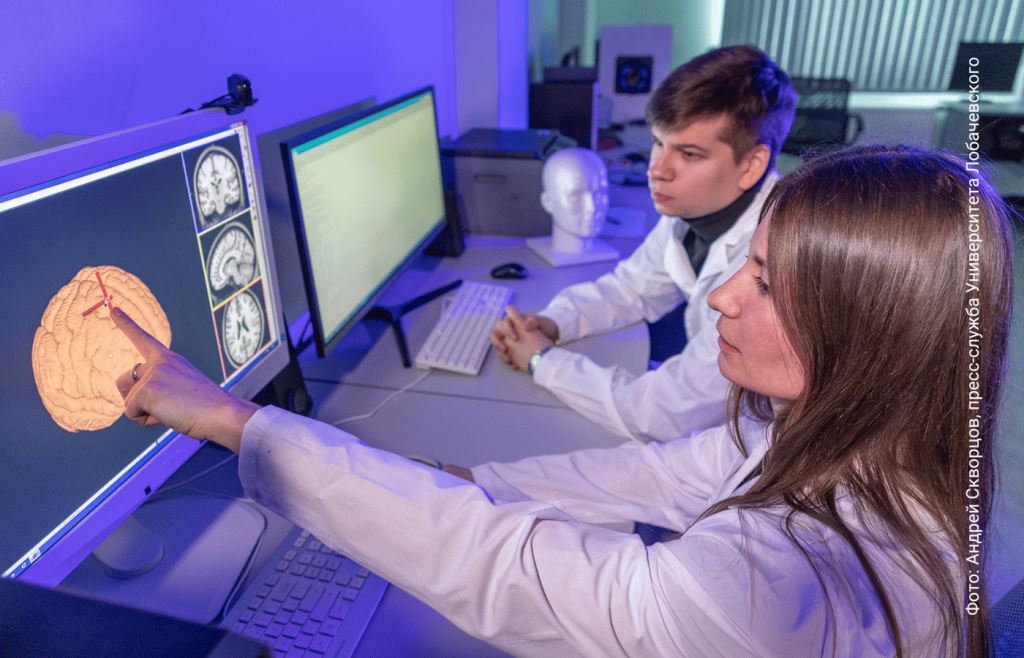
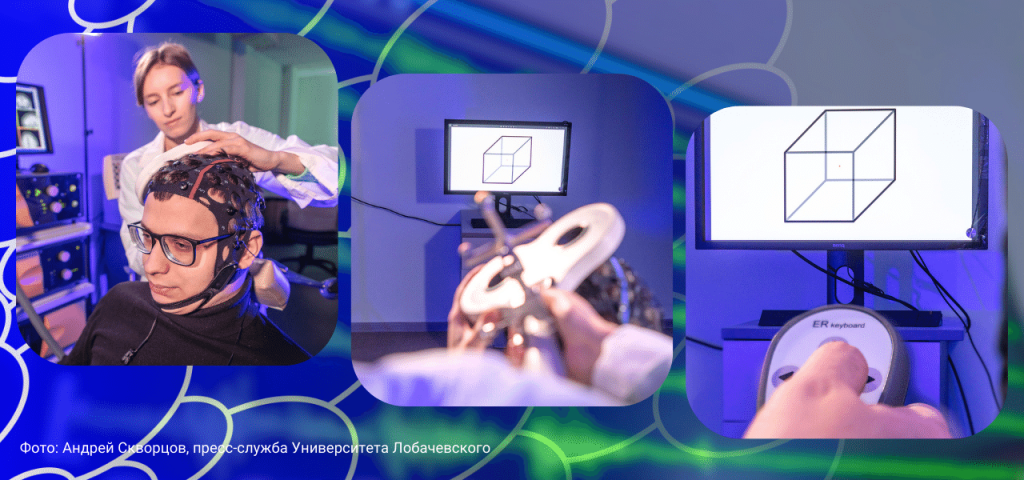
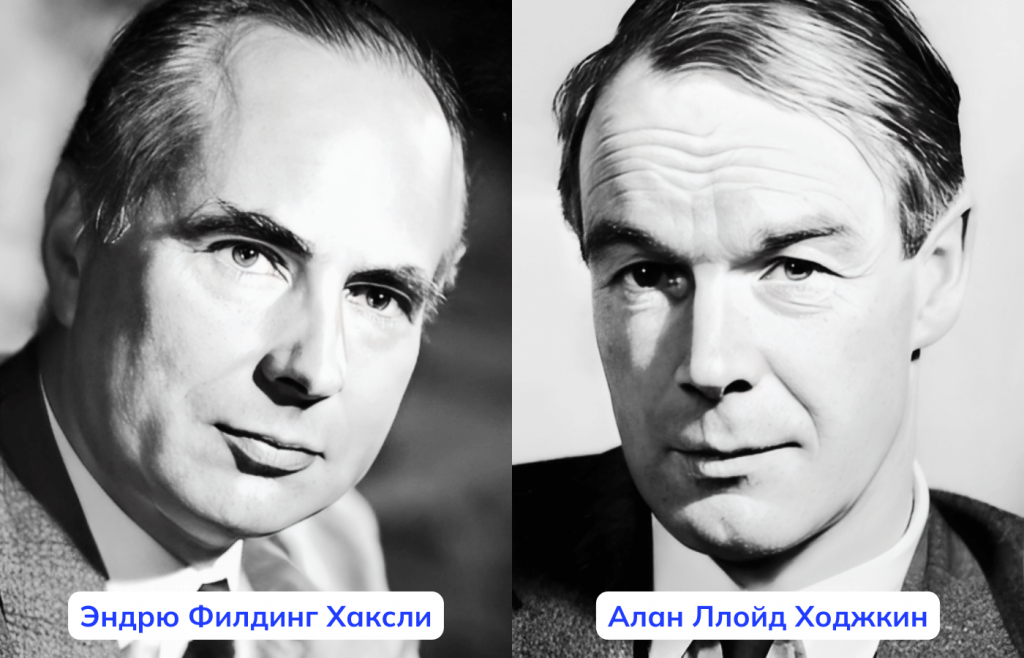
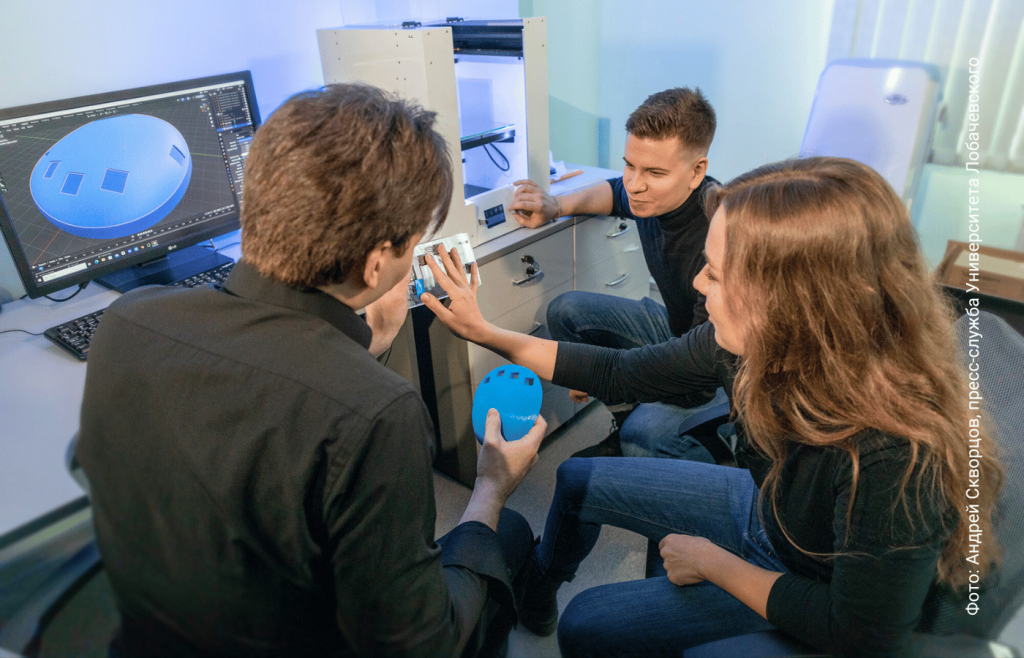
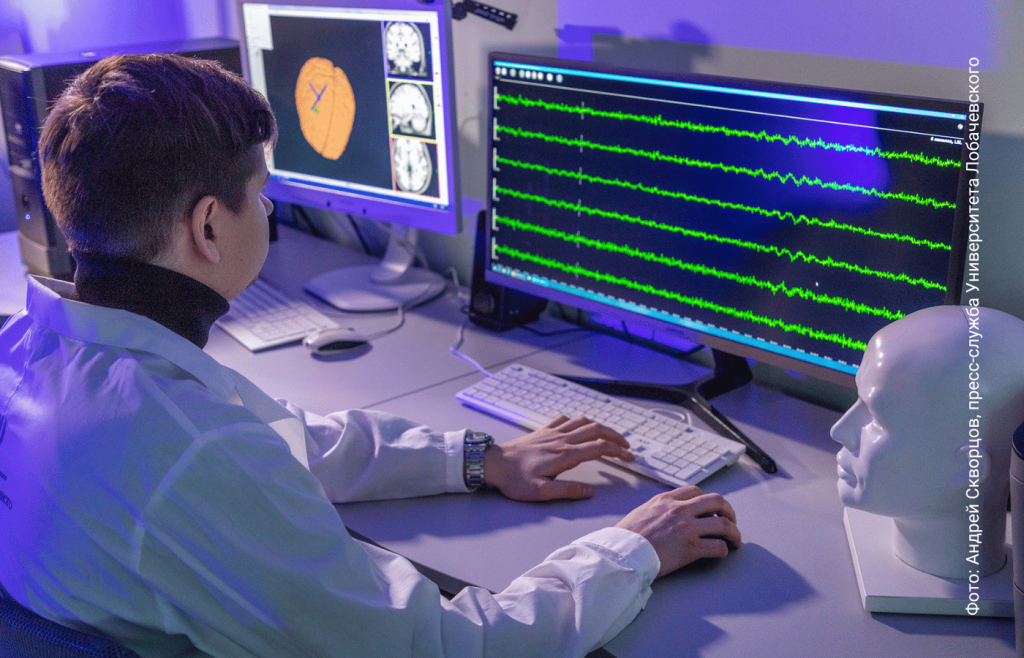
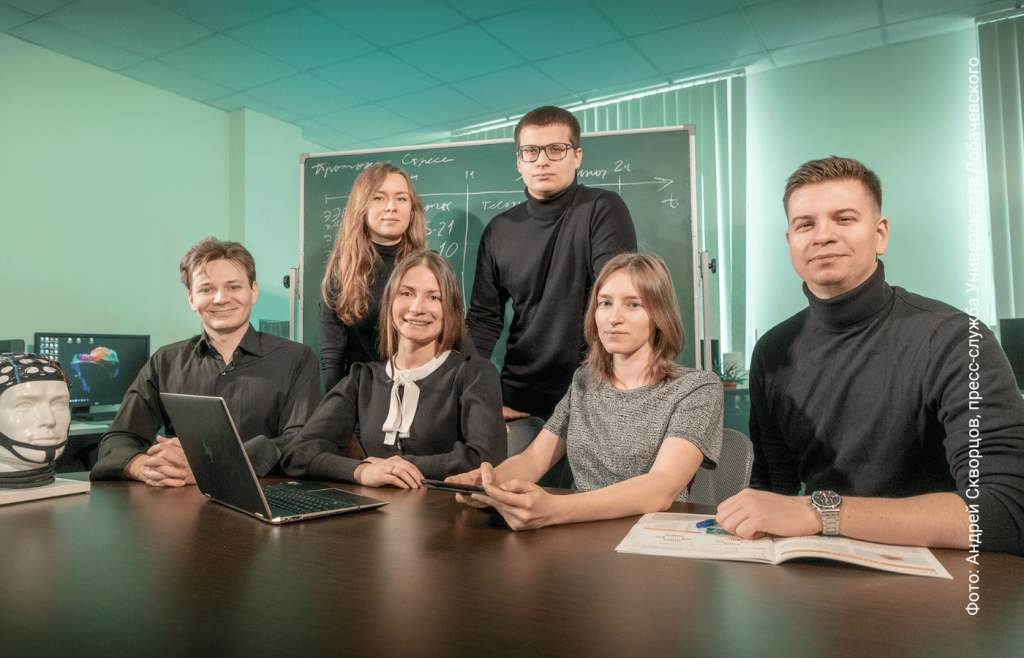


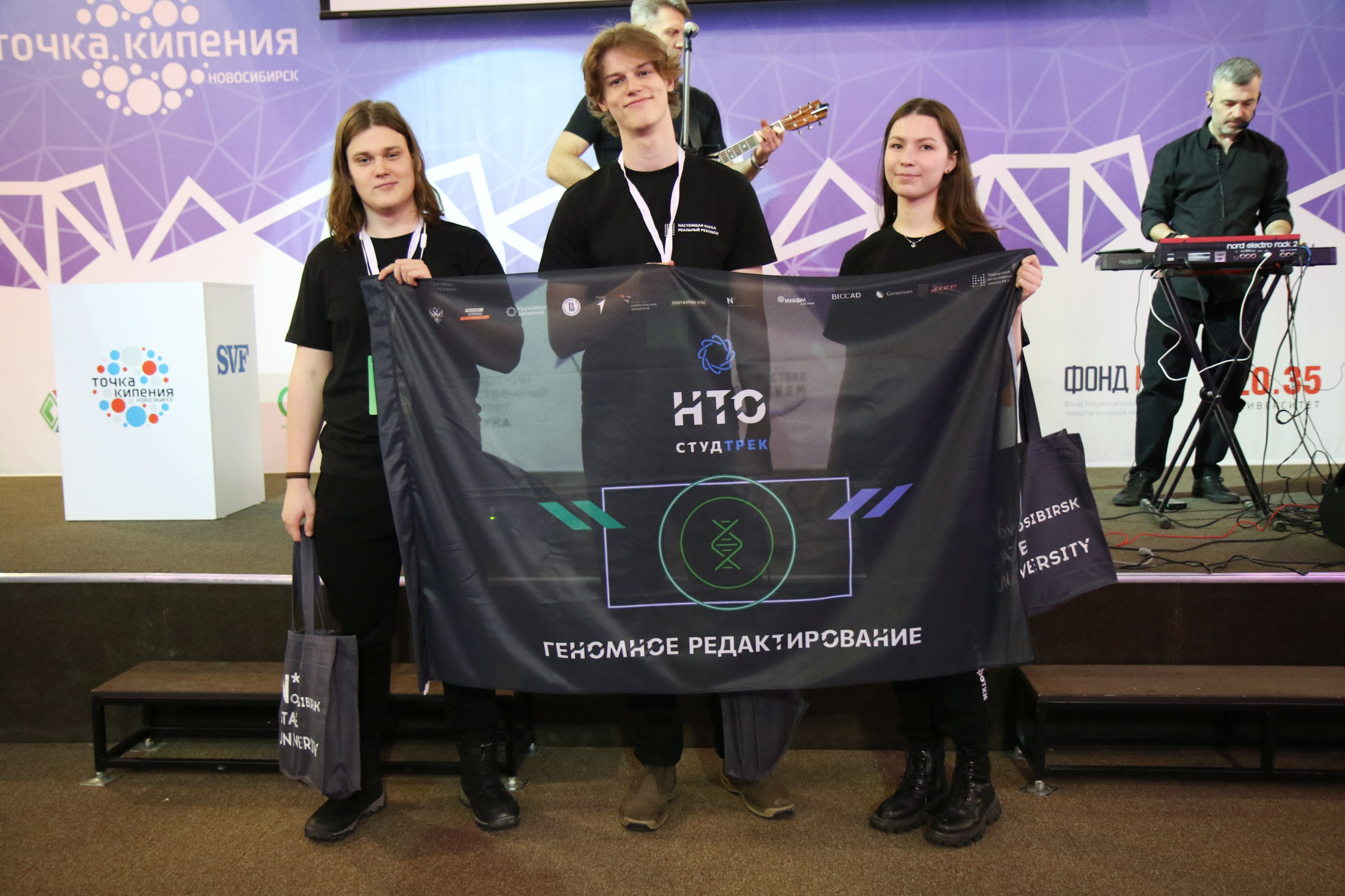

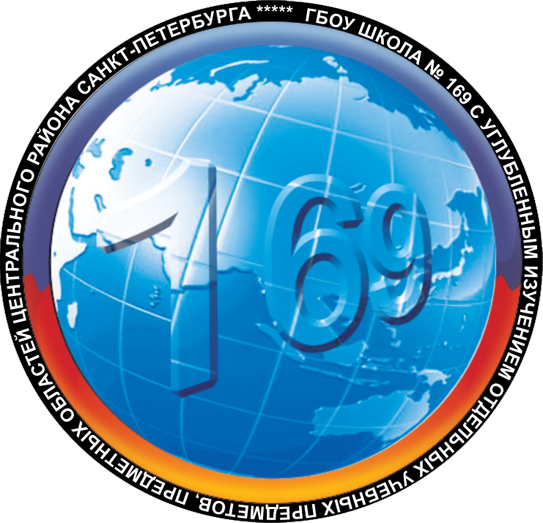
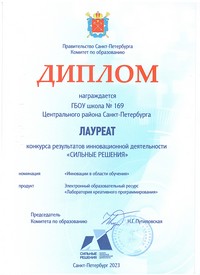
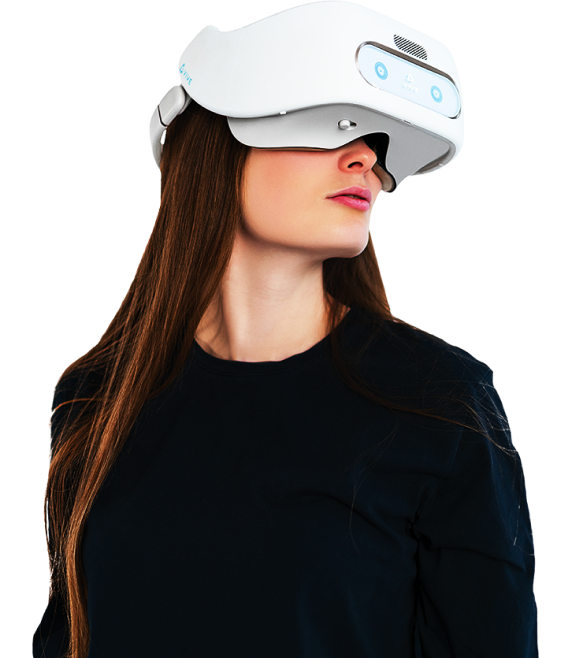
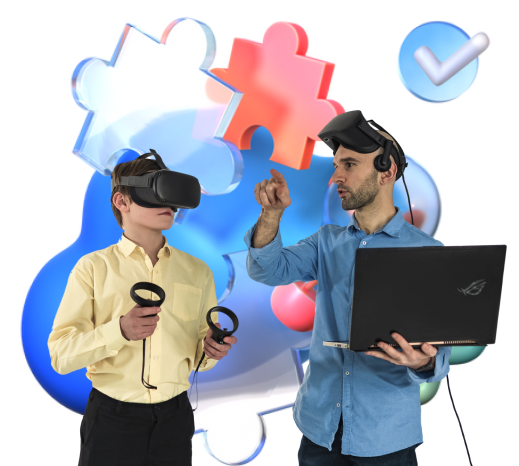
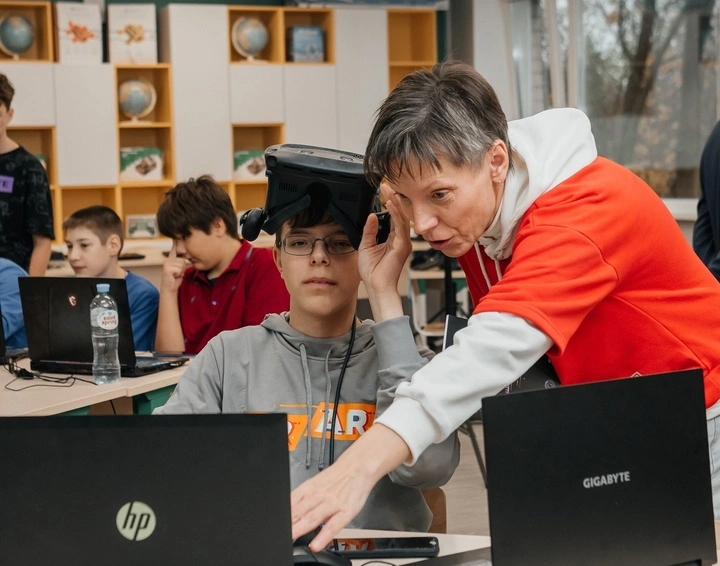
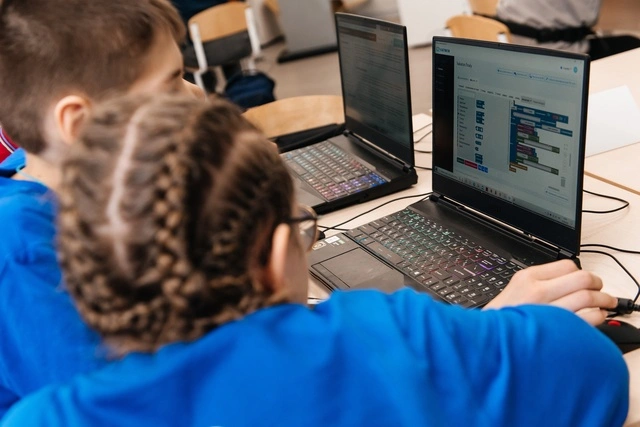
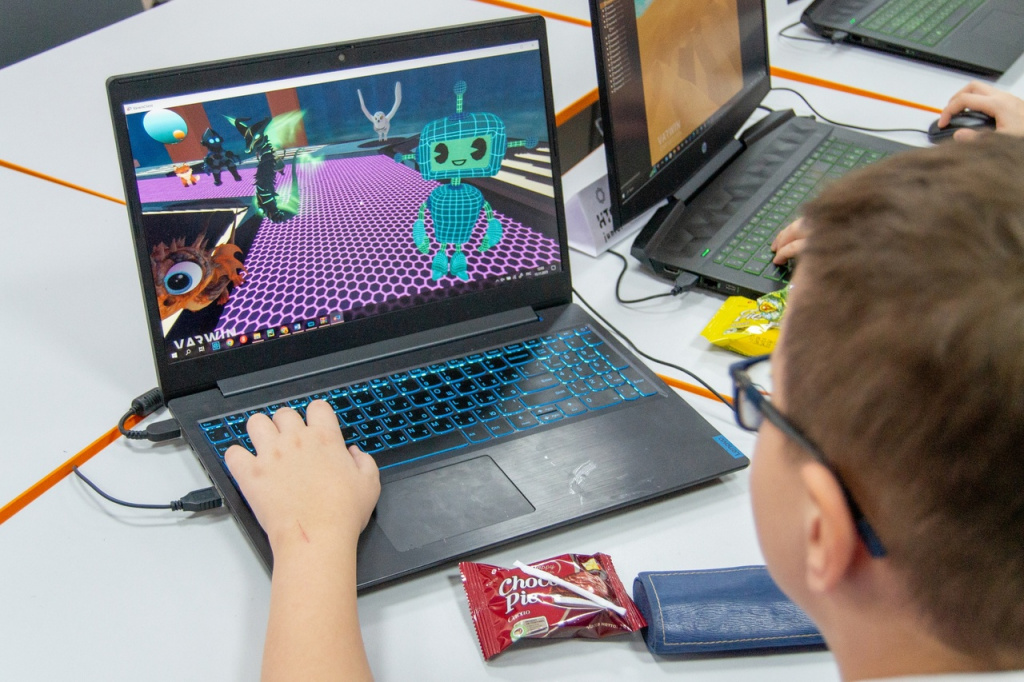
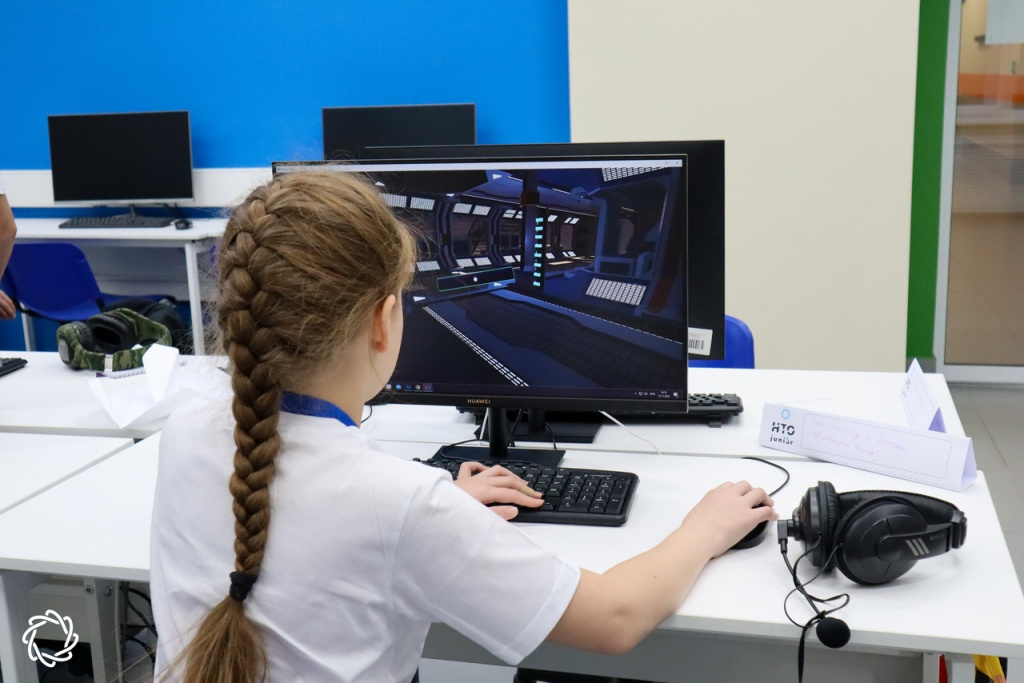
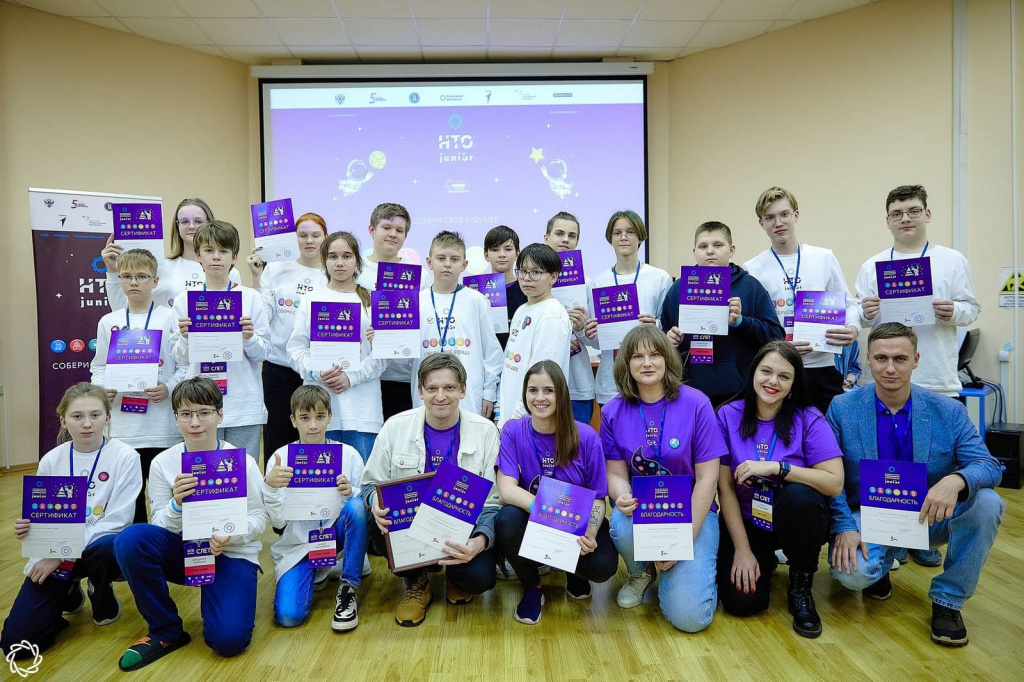
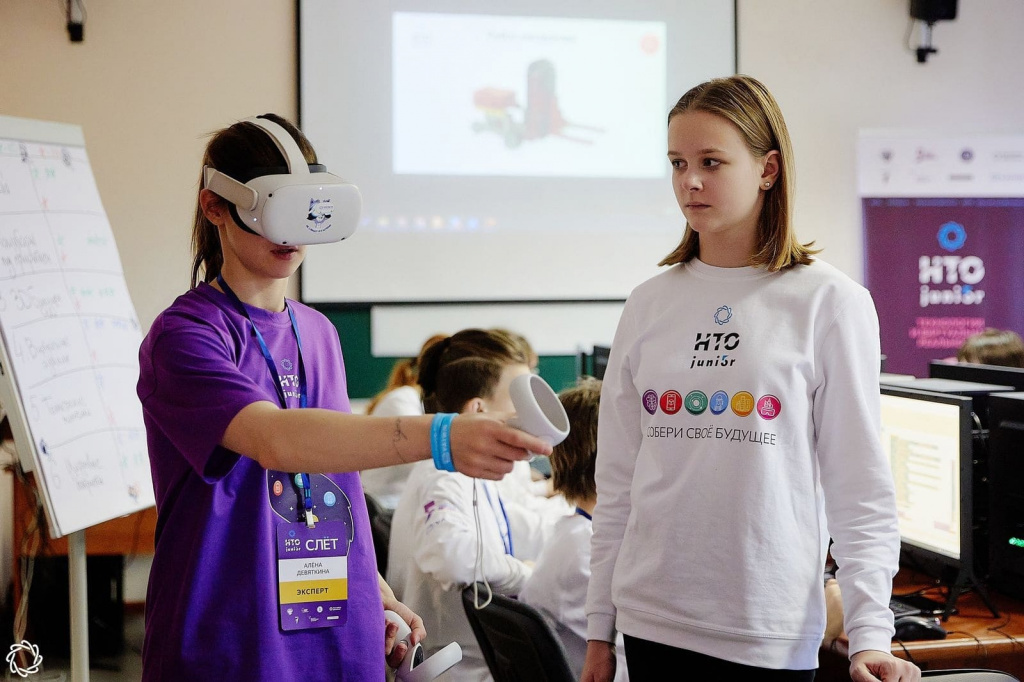
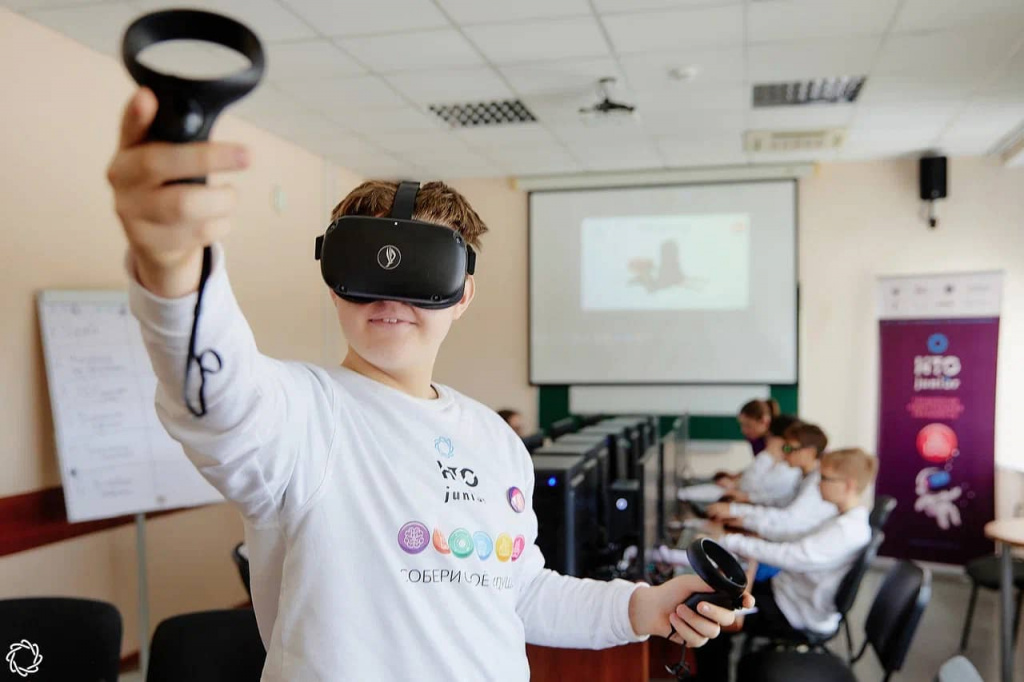
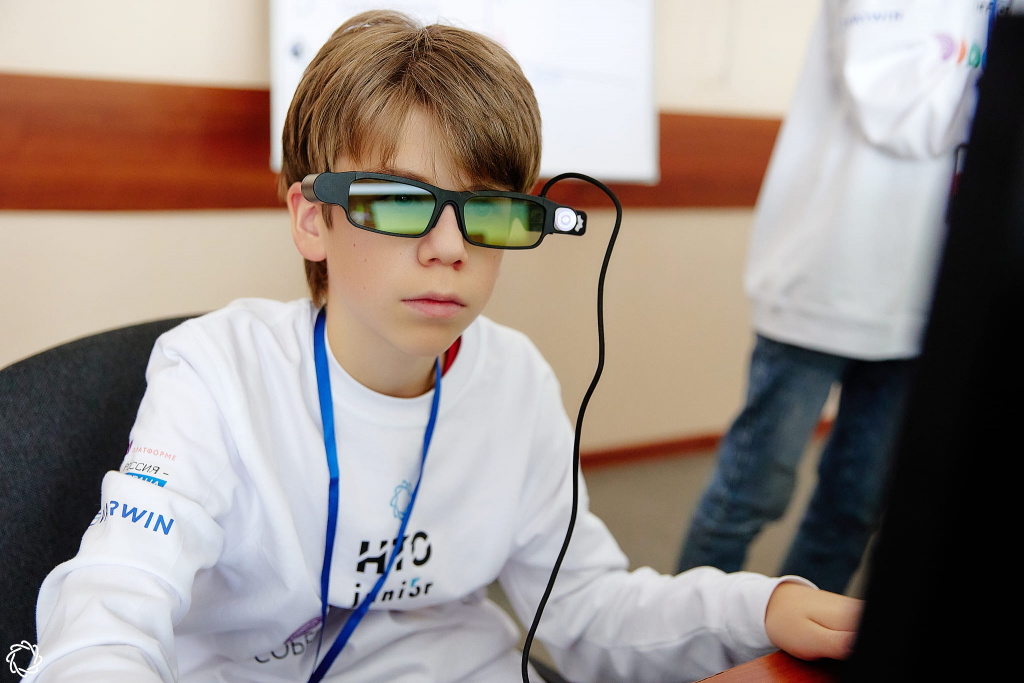
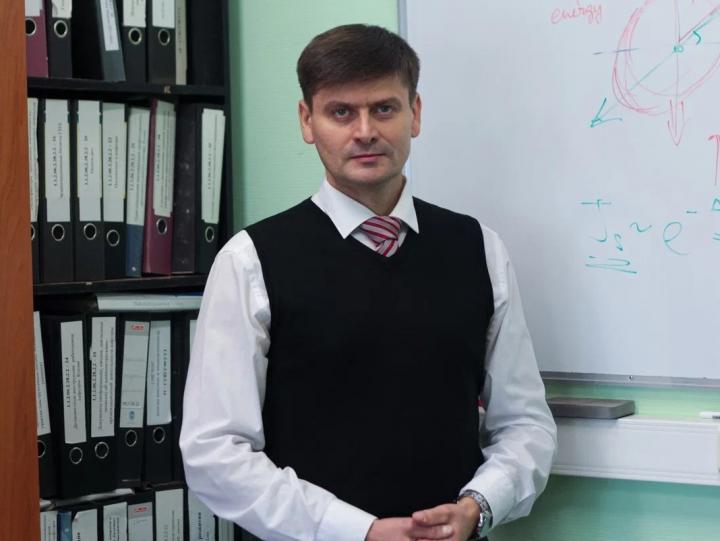
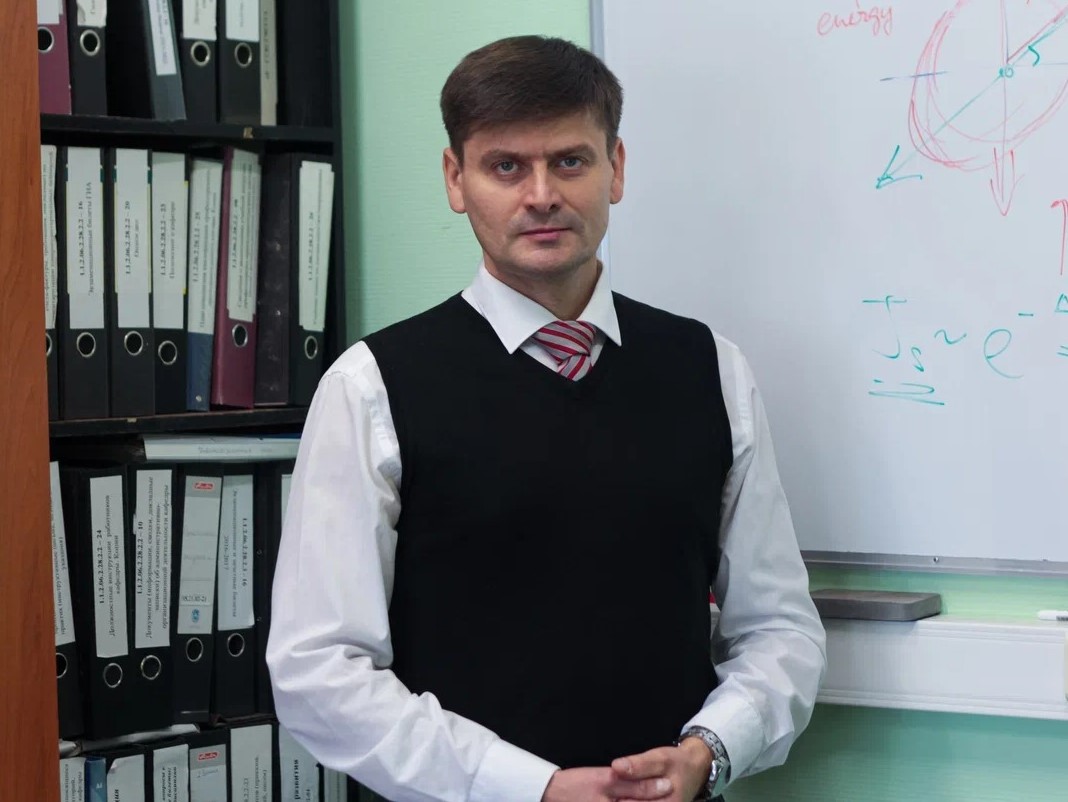

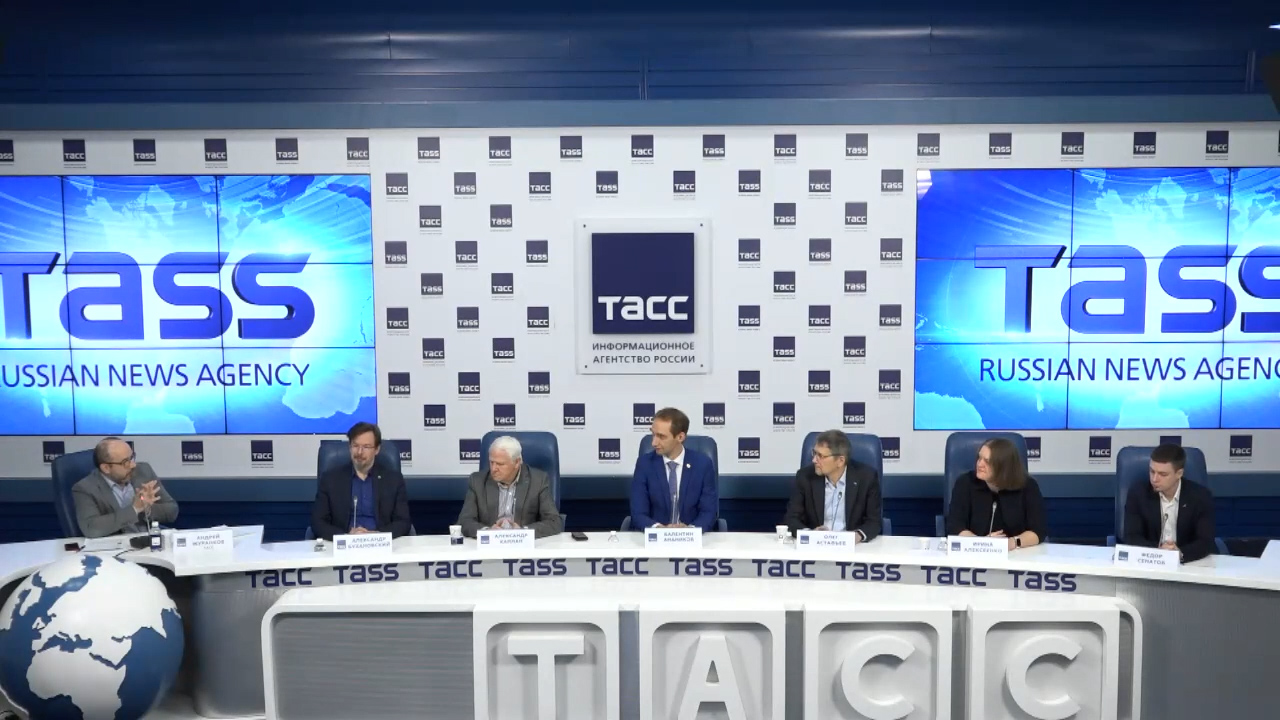

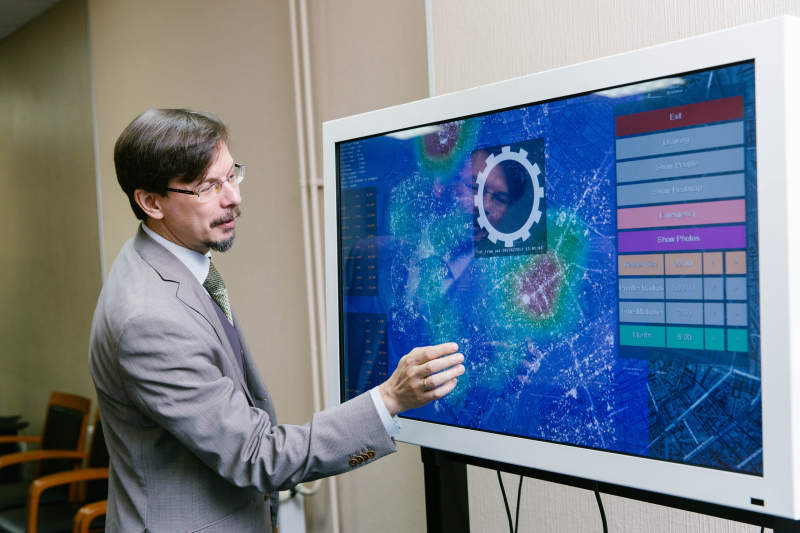
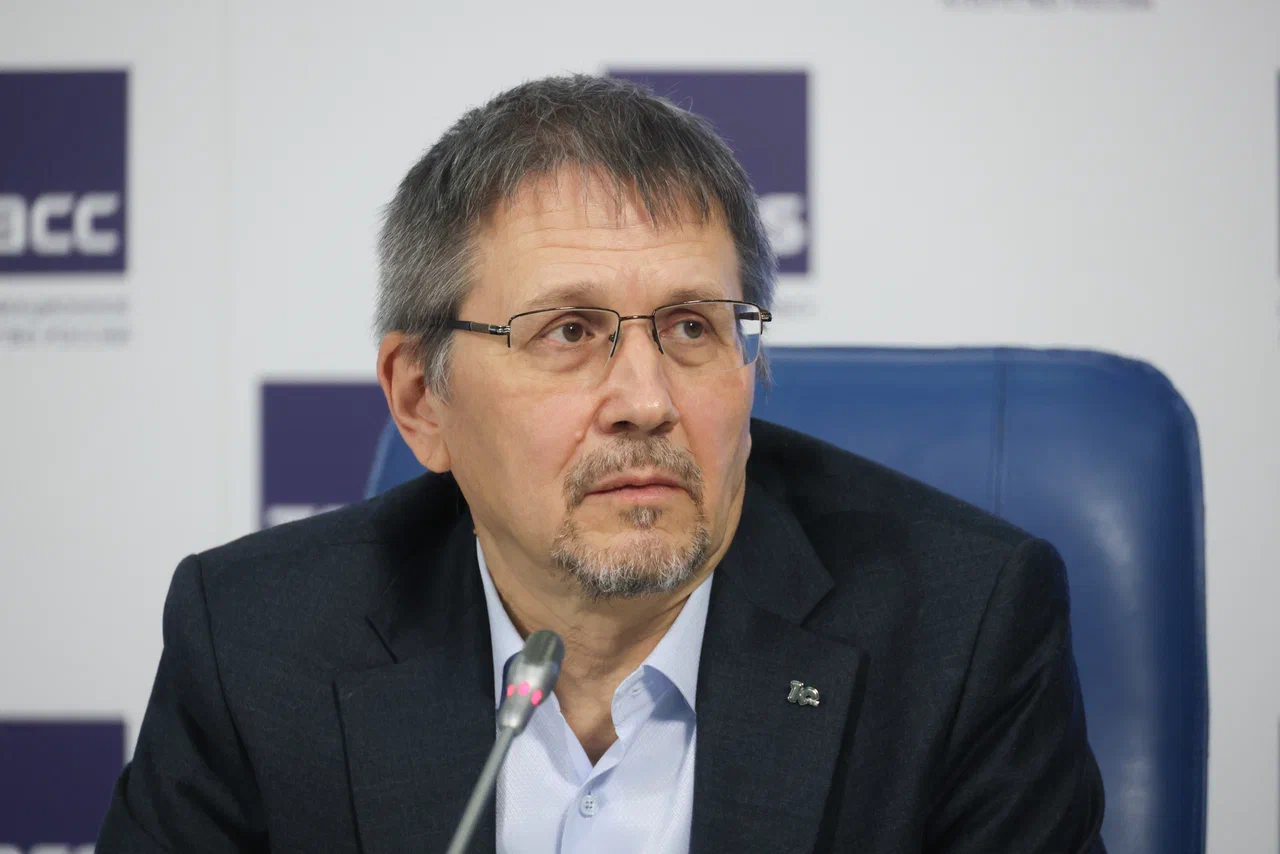
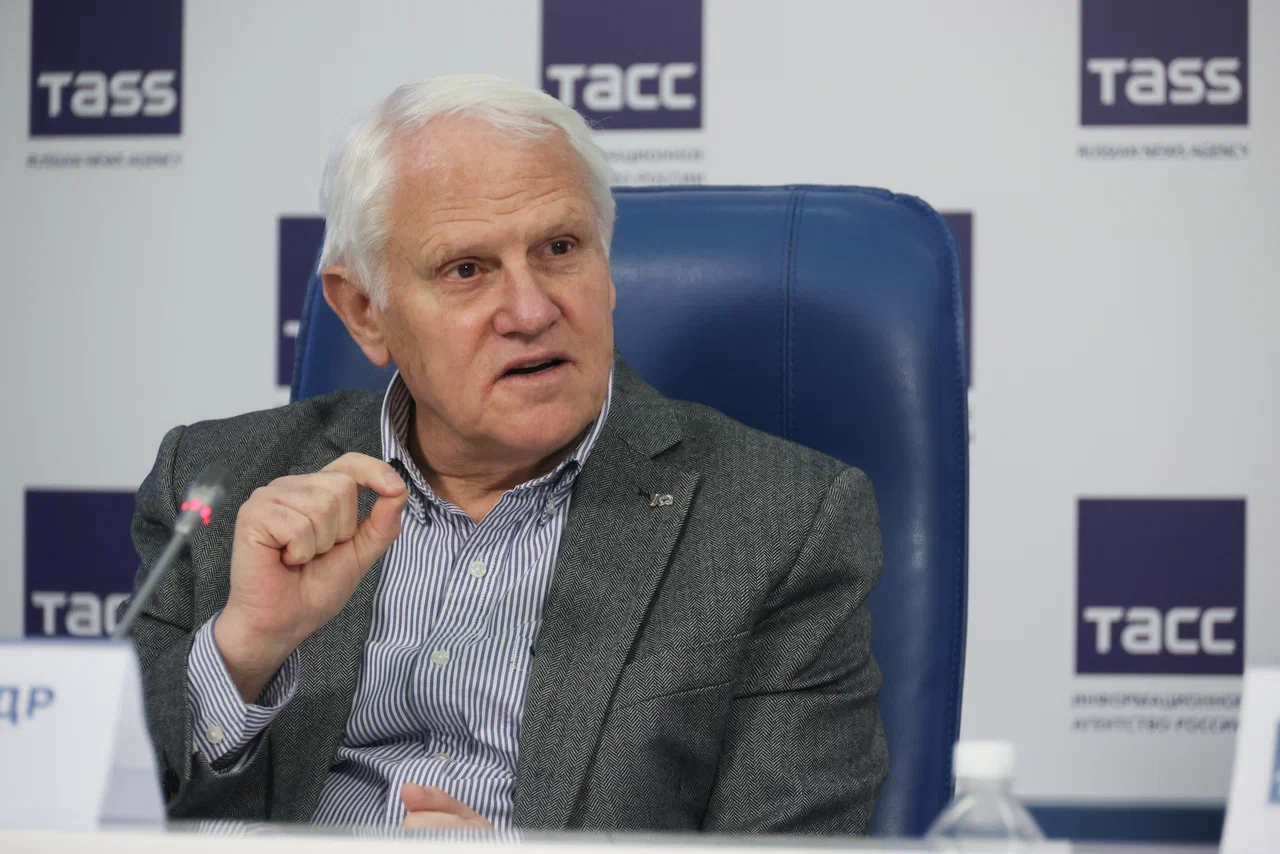
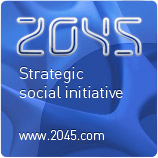
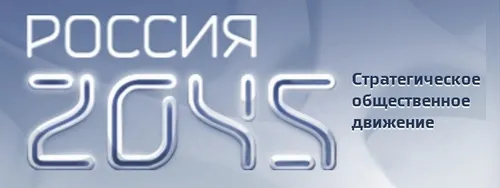

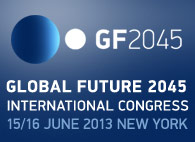
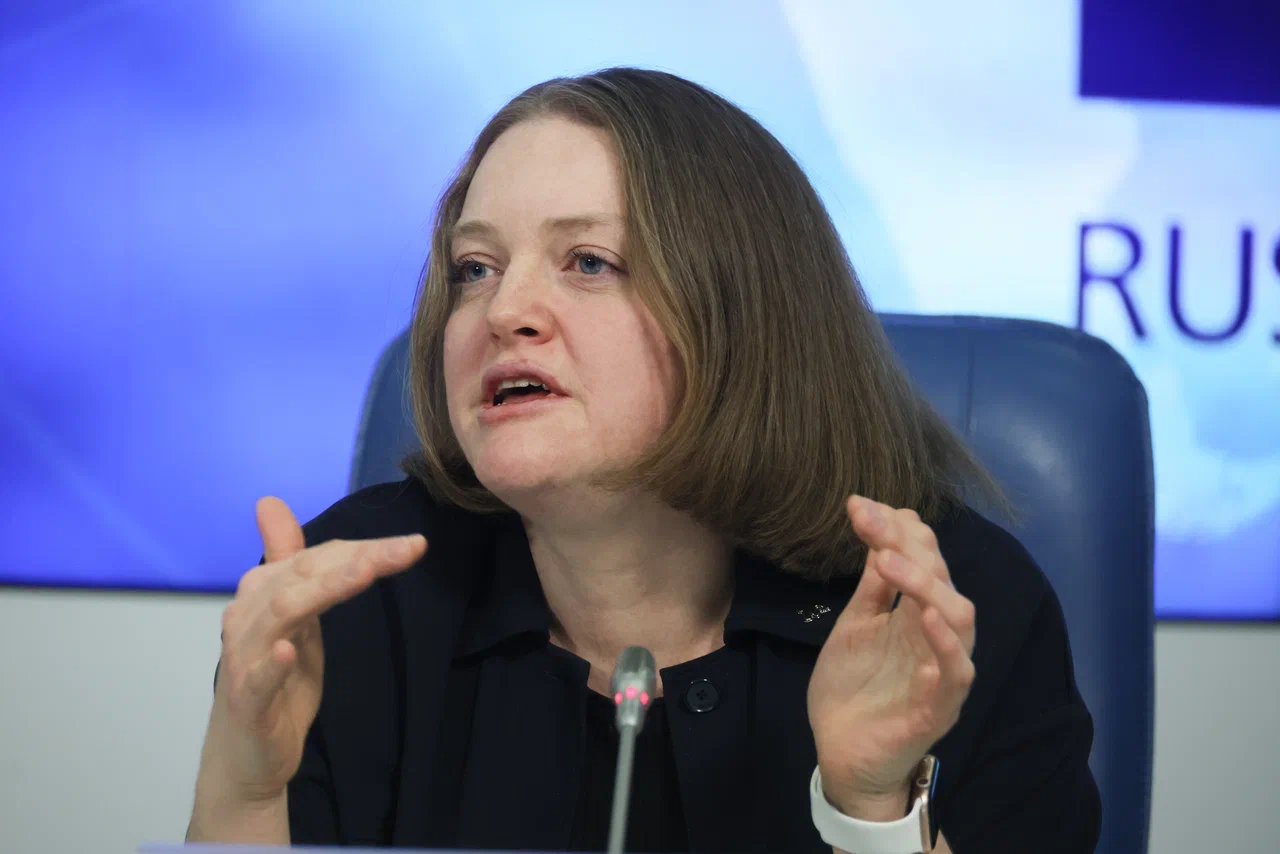
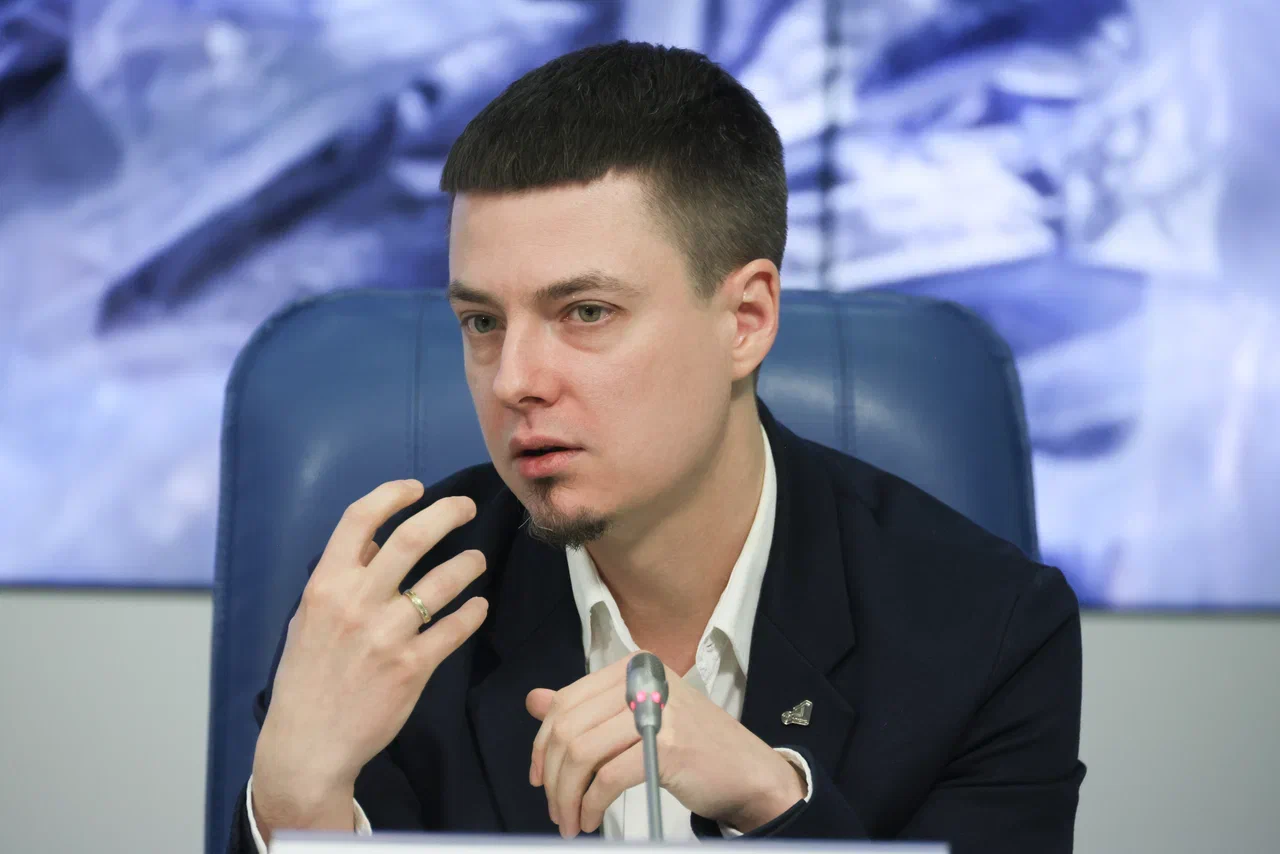
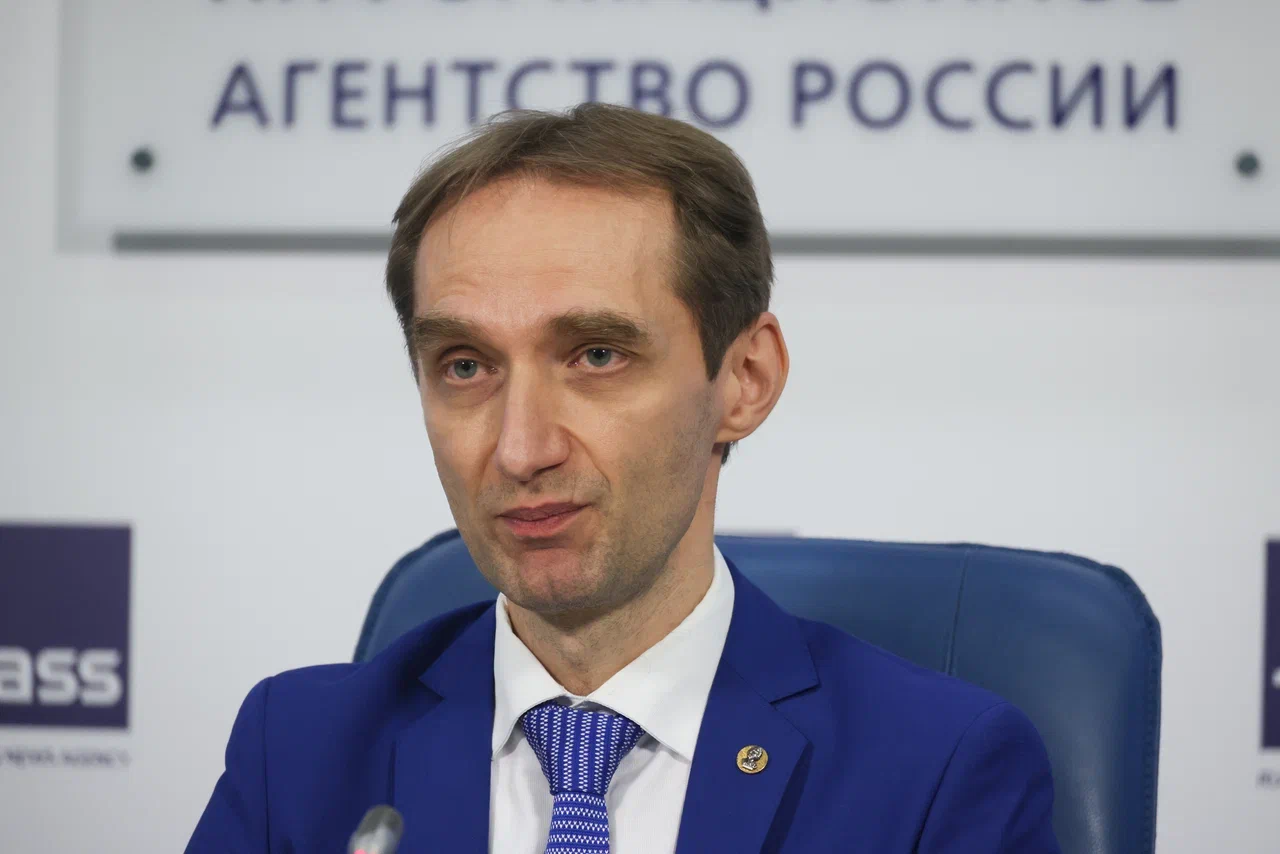
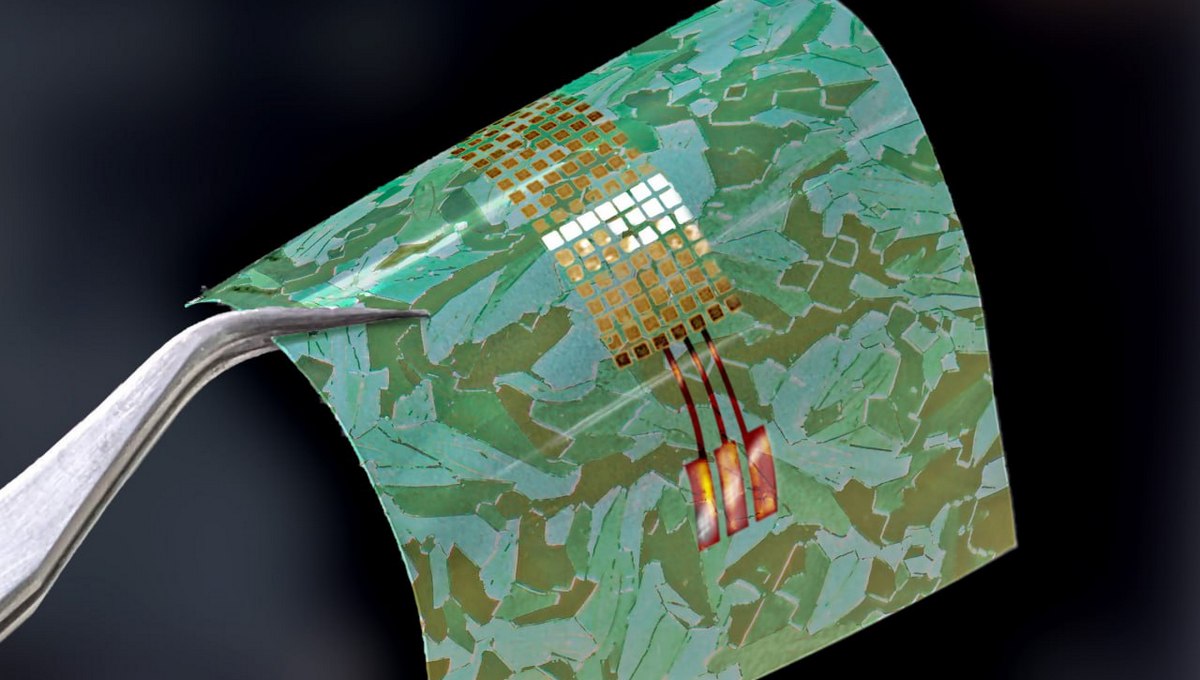


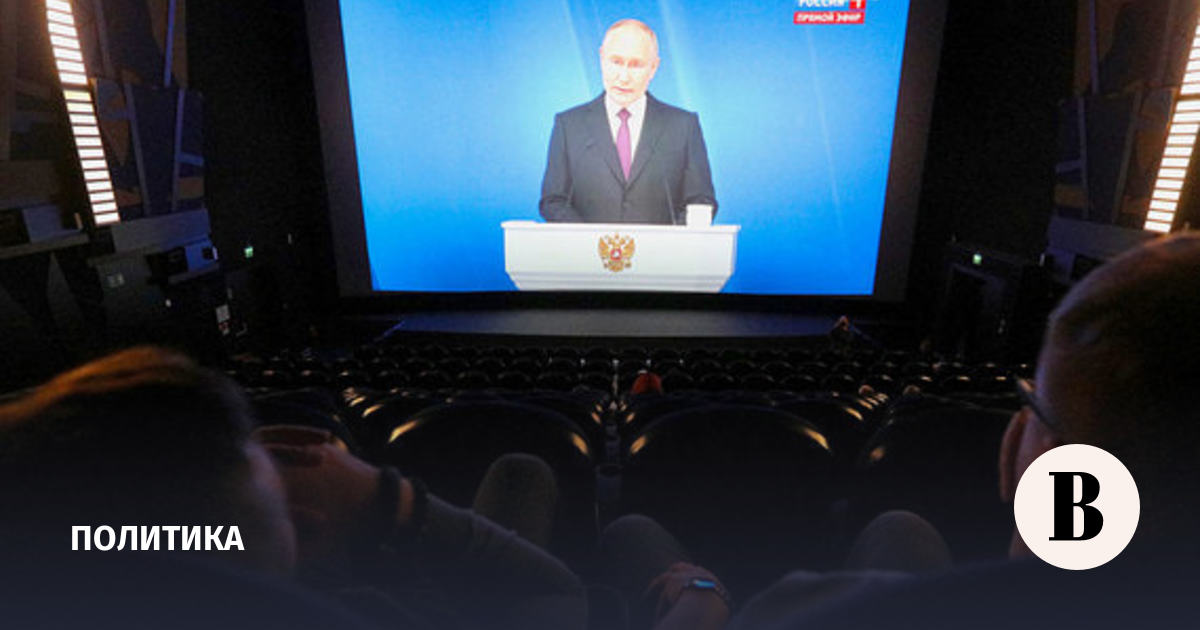
/imgs/2024/02/29/10/6376473/a5edd5be664faaf61ad80adf94d52ba6df58e5fb.png)
:format(webp)/nginx/o/2024/03/07/15932461t1ha5e7.jpg)
